1750
Coffee is planted in Sulawesi.
Coffee is planted in Sulawesi.
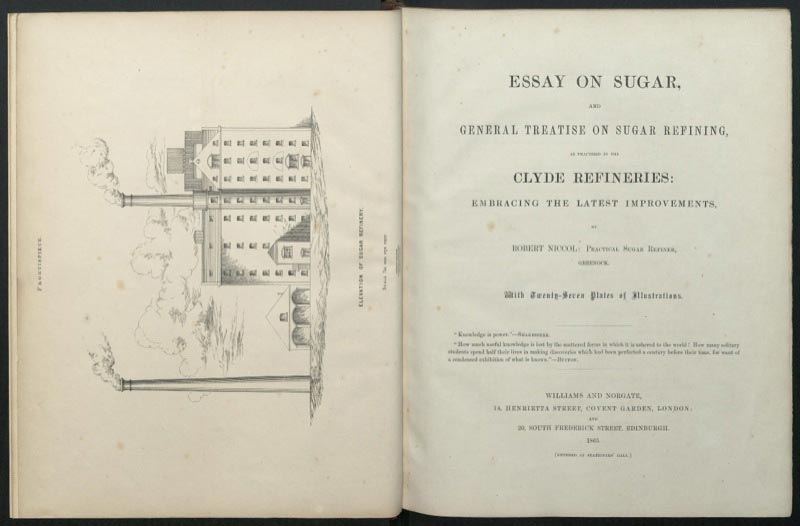
There are over 100 sugar refineries in England, yielding significant tax for the Government.
China proclaims Tibet as a protectorate.
A typhus epidemic sweeps through London killing thousands.
Porcelain factory at Dresden accused of producing pieces slowly to keep prices high.

Jingdezhen export porcelain begins to be sent unpainted to Guangzou for enameling and decoration so merchants could supervise patterns.
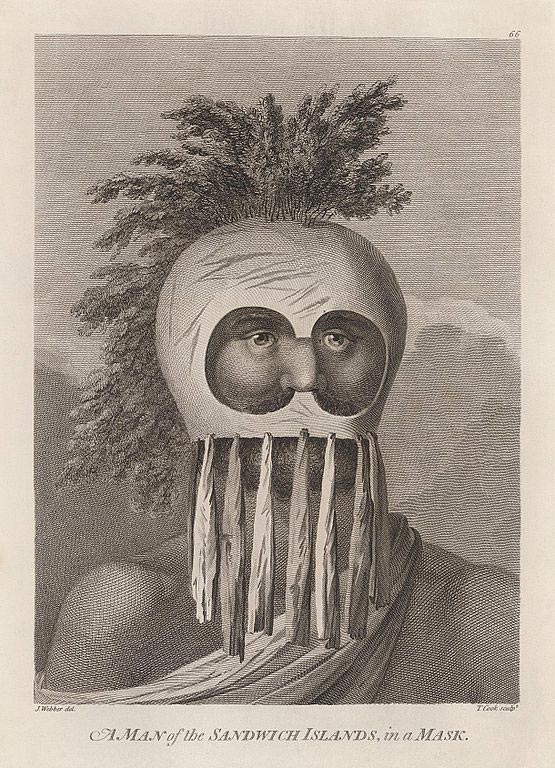
John Webber - the official artist on board James Cook's third voyage of discovery well known for his paintings of Hawaii and Alaska.
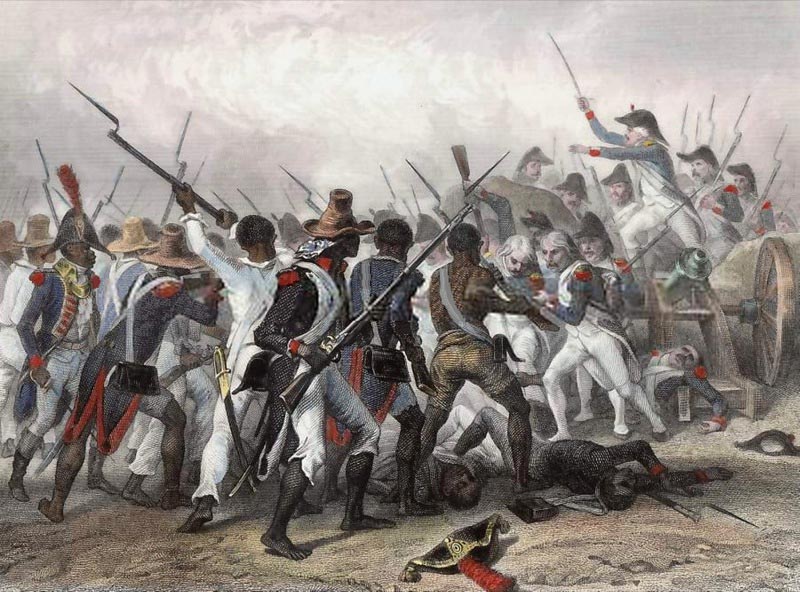
Slave Revolts in Haiti.
Sugar cane is introduced to Louisiana by Jesuit missionaries.
William Hogarth paints Beer Street and Gin Lane showing the evil consequences of alcohol. The Government addressed the problem with Gin Acts in 1736 and 1751 to try to control sales.
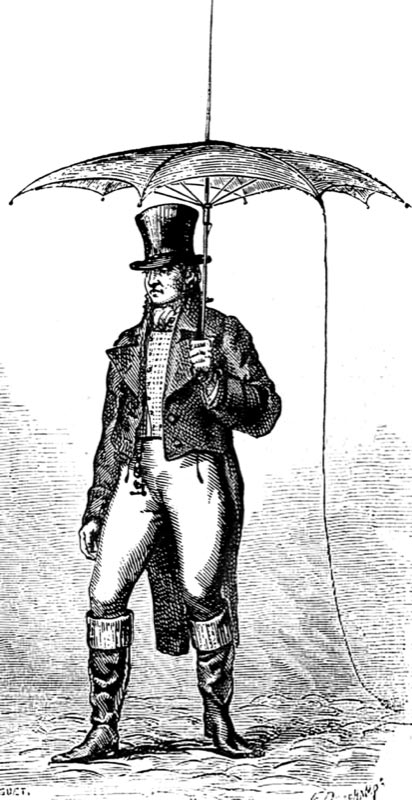
Lightning rod is invented by Benjamin Franklin.
Carl Linnaeus gives chocolate the binomial classification of Theobroma cacao (literally 'chocolate drink of the gods').
Benjamin Thompson, Count Rumford, born in USA, campaigns for an improvement in public hygiene in Bavaria.
Vincennes porcelain factory in France is sold and Louis XV takes a one third share. The establishment is granted title of royal manufactory.
First use of copper plates to print cottons by Francis Nixon of Drumcondra near Dublin.
An article in The Connoisseur magazine says that collecting china is fit for men “of delicate make and silky constitution” only.
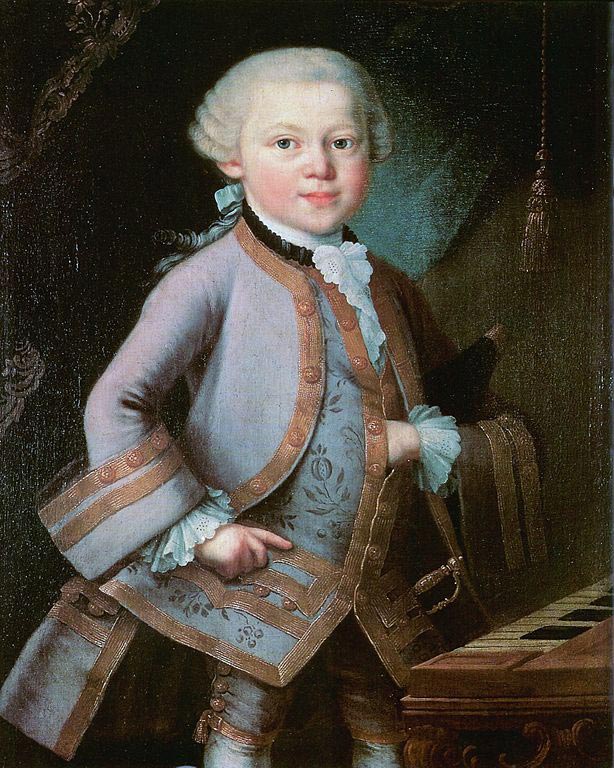
Wolfgang Amadeus Mozart.
Joseph Black finds "fixed air" (carbon dioxide) can be produced by heating chemicals.
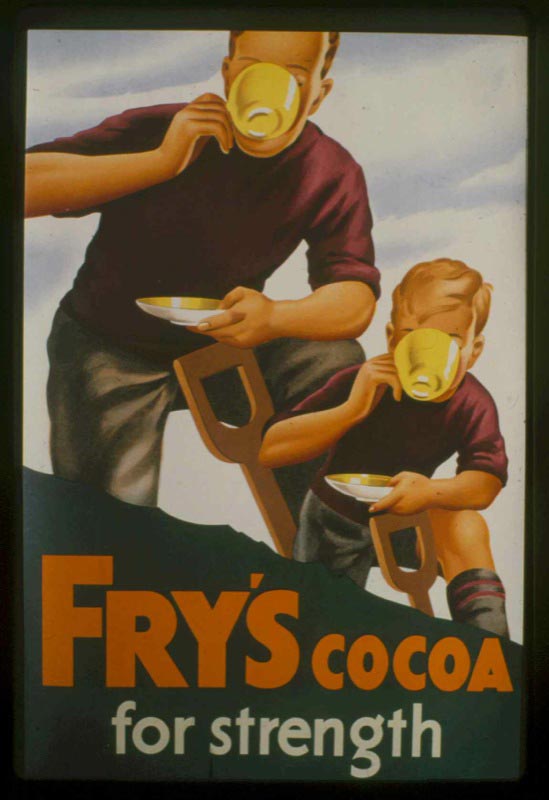
Wiltshire born Quaker businessman Joseph Fry starts making his own chocolate powder at a factory in Bristol.
The Douro Valley in Portugal is established as a protected area for growing Port wine.
The Seven Years War. Britain, Prussia and Hanover carry out scattered conflicts around the world against France, Austria, Russia, Spain, the Mughal Empire and Sweden. Britain gains French Canada, Spanish Florida, Bengal, Senegal and some Caribbean islands and removed French influence in India. Spain gains Louisiana and Cuba and Prussia becomes a more powerful central European state.
Porcelain Factory at Sèvres established.
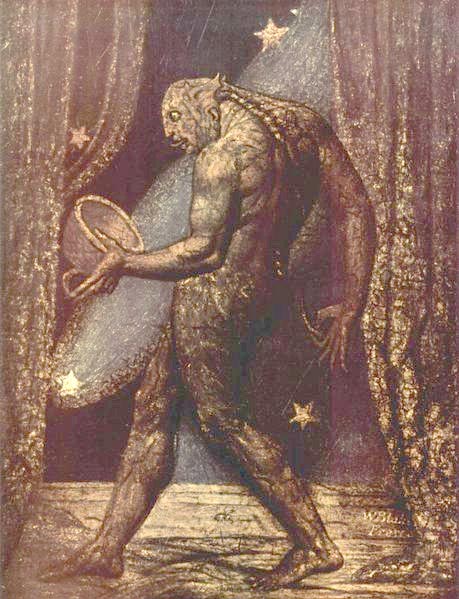
William Blake.
The combination of Criollo and Forastero trees in Trinidad generates a third variety of cacao tree known as Trinitario.
Britain takes over Bengal and its opium growing districts after the Battle of Plassey. Opium traffic begins its shift to British dominance.
British East India Company rule in India.
Siraj-ud-Daula, Nawab of Bengal, challenges the power of the East India Company and attacks Calcutta consigning captives to a dungeon.
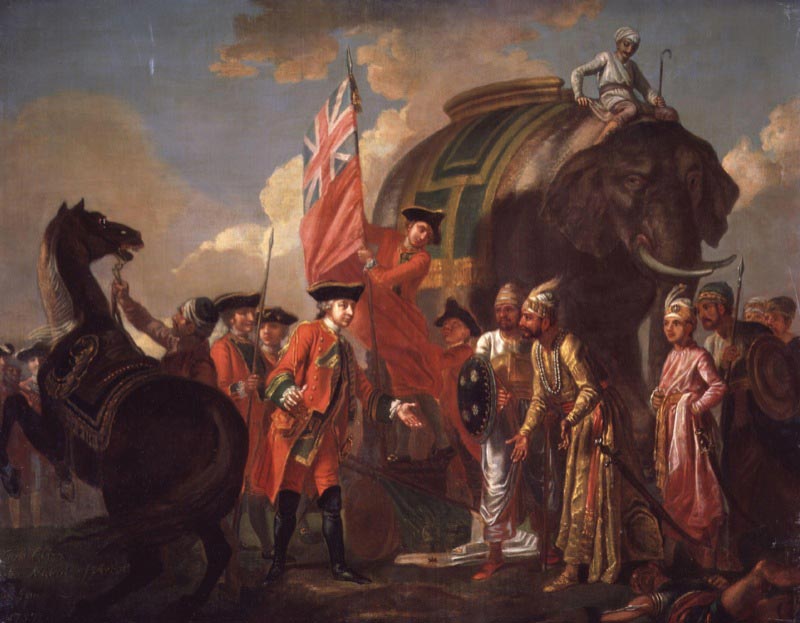
Robert Clive leads a force against the Nawab of Bengal and defeats him at the Battle of Plassey, cementing the position of the East India Company.
Britain takes Senegal from the French.
James Cook learns hydrography in Nova Scotia and helps to chart the Saint Lawrence River.
Voltaire publishes Candide.
Friedrich von Schiller.
British inventor John Harrison invents the No. 1 'Sea Watch', which solves the problem of fixing longitude at sea.
The Guinness brewery opens at St James's Gate in Dublin.
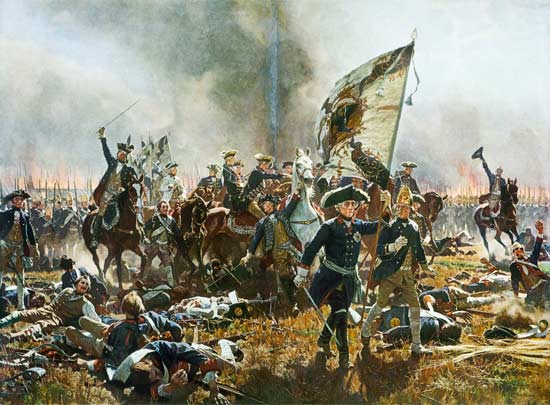
Porcelain factory at Meissens destroyed during the Seven Years' War
Porcelain Factory established in Spain under Charles III on his accession. Workmen he brings with him from Naples staff the factory.
Hokusai.
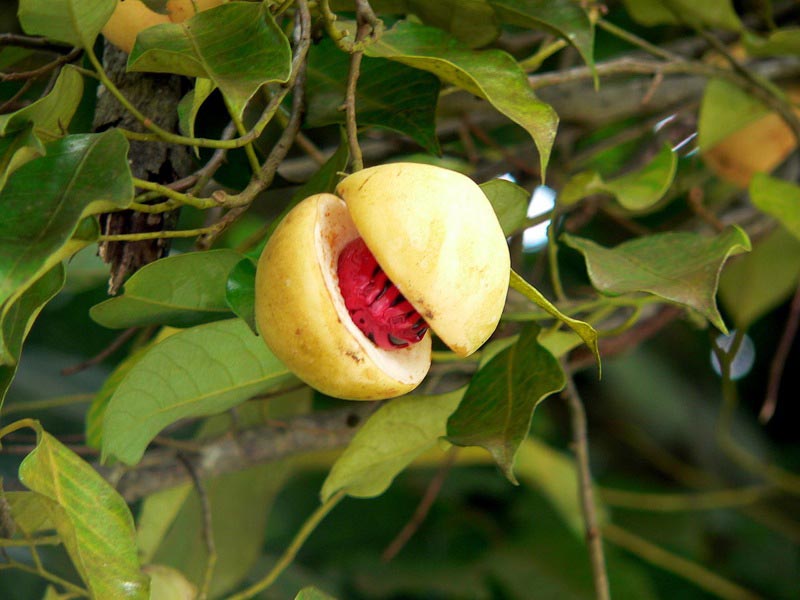
Nutmegs in London sell for 90s a pound (the equivalent of around £600 in 2012).
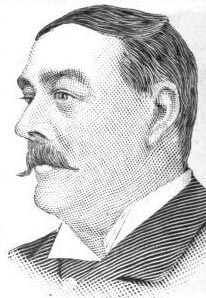
Pierre Lorillard founds the Lorillard Tobacco Company In New York City, to make pipe tobacco, cigars and snuff. It is the oldest US tobacco company.
The Chinese throne formally confirms the Canton system as established to regulate Sino-Western commerce and restrict it to the city of Canton (Guangzhou). The system persists, with various permutations, until 1842.
Over 500,000 beaver hats are exported from British ports.
Louis XV buys entirety of Sèvres factory.
John Hill links nasal cancer with snuff.
Secret of hard-paste porcelain is sold to the French by Peter Anthony of the Frankenthal factory in Germany. Though kaolin clay not readily available in France yet.
Jean Jacques Rousseau writes his political treatise The Social Contract - a major work in political philosophy.
Britain occupies Cuba and exploits its timber resources.
A Philadelphia committee led by Benjamin Franklin attempts to regulate waste disposal and water pollution.
John Awsitter writes An Essay on the Effects of Opium, considered as a Poison.
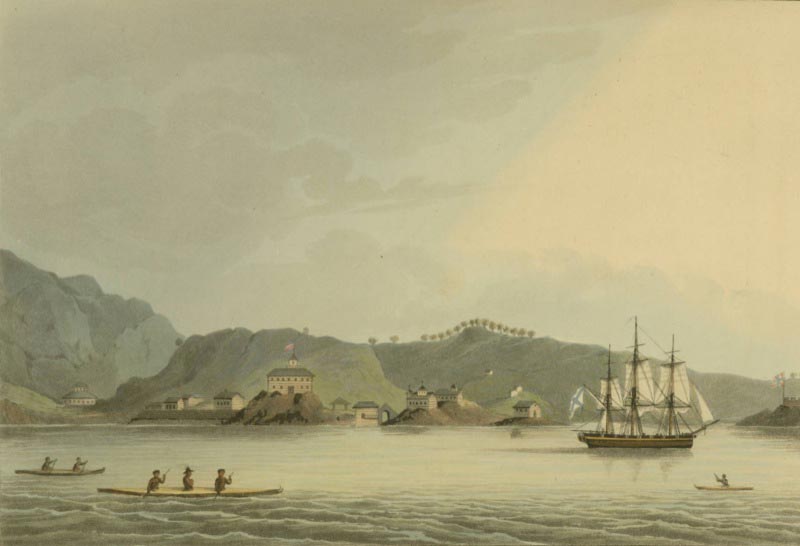
Stepan Glotov discovers Kodiak Island.
The Treaty of Paris gives British timber companies the rights to cut trees in the Yucatan, a rich resource for logwood and mahogany.
The Treaty of Paris. Following the Seven Years' War, the French presence in India is reduced to enclaves in Pondicherry, Mahe, Karikal, Yanam and Chandernagar.
Grenada is taken over from France by the British.
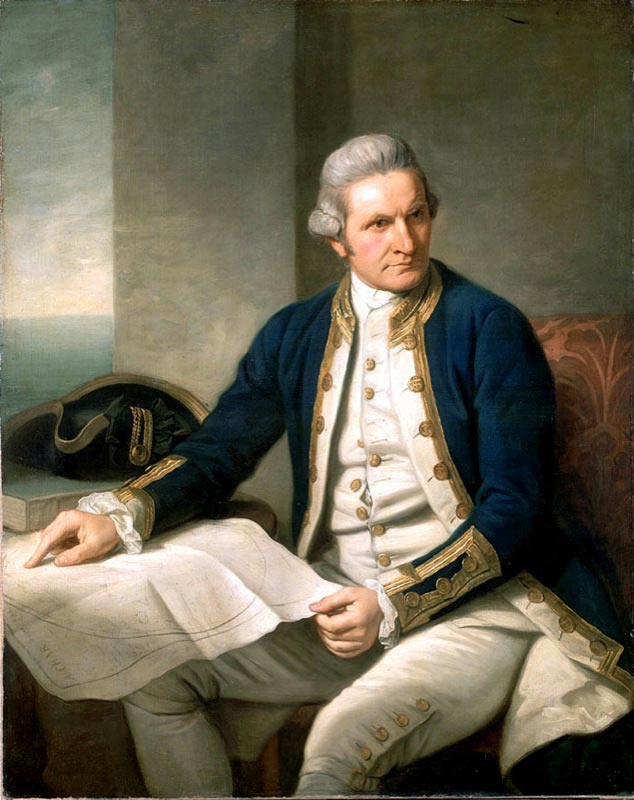
James Cook surveys the coasts on Newfoundland.
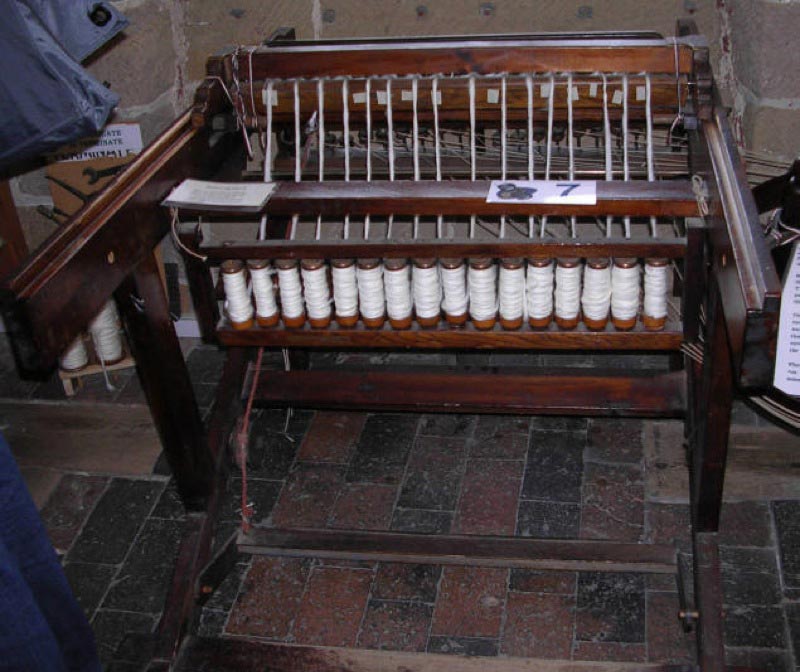
James Hargreaves invents the spinning jenny, a multi-spool spinning frame.
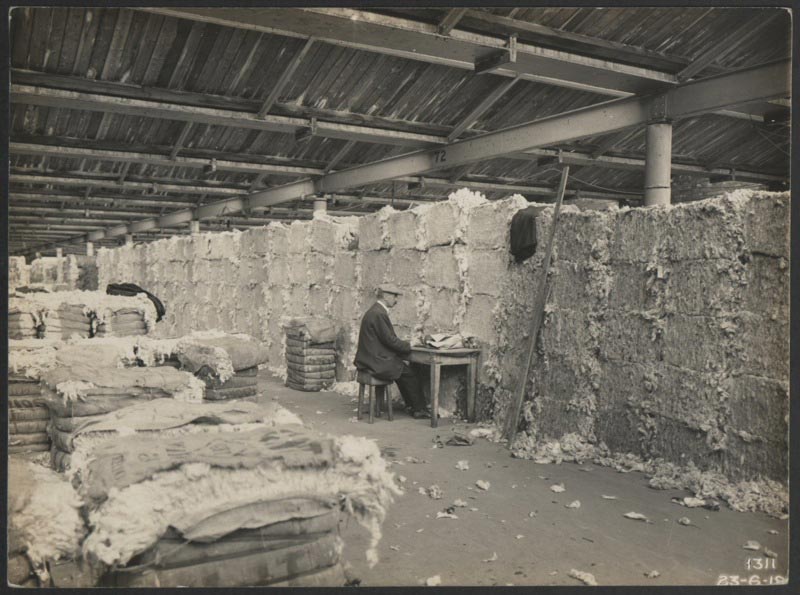
UK cotton imports soar to 1,755,580 kg.
Britain takes control of Bihar and Orissa and its rich opium trade.
The Battle of Buxar. British East India Company forces defeat the combined forces of Awadh, Bengal and the Mughal Empire.
John Byron circumnavigates the world on HMS Dolphin. He surveys Tierra del Fuego and claims the Falkland Islands for Britain in 1765.
James Baker starts manufacturing chocolate in Massachusetts.
Richard Hennessey establishes the Hennessey Cognac business in France.
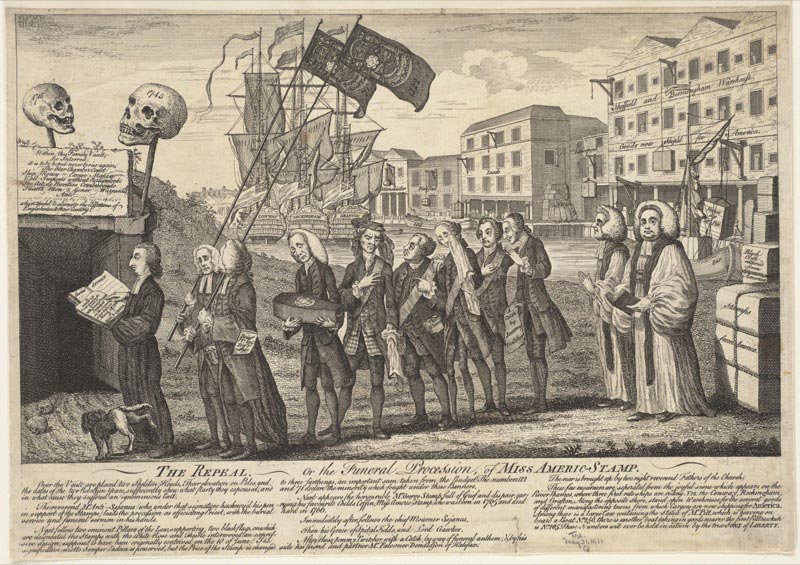
British Stamp Act introduced to tax colonies which sparked riots in America and was repealed in 1766.
Kaolin discovered in France at the quarries of St Yrieix near Limoges.
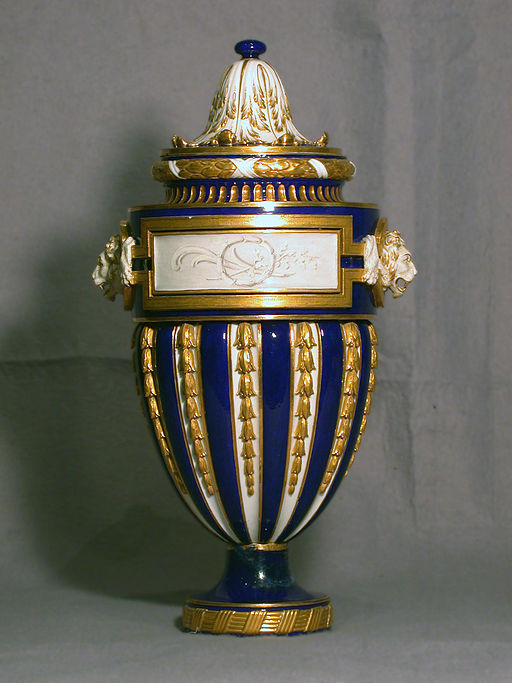
All French porcelain factories except Sèvres prohibited from using gold in their decorations.
The First Anglo-Mysore War is inconclusive.
Samuel Wallis circumnavigates the world on HMS Dolphin. He claims Tahiti for Britain.
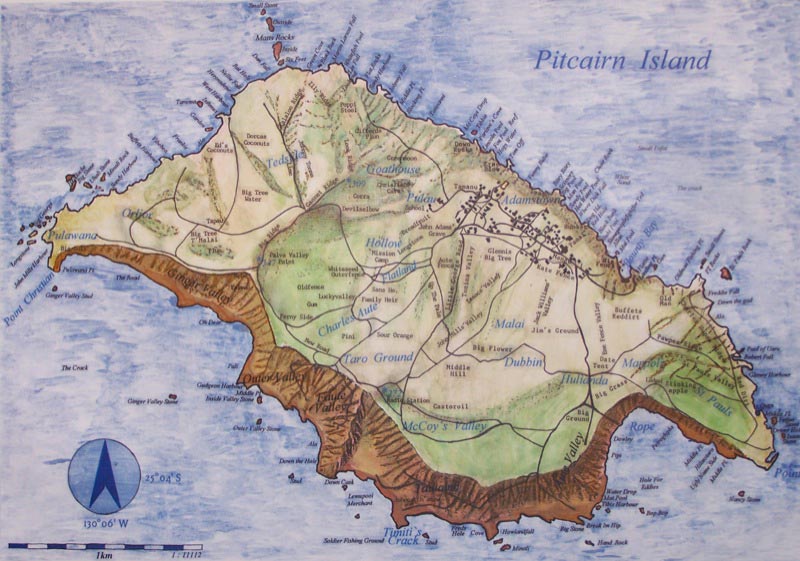
Philip Carteret circumnavigates the world on HMS Swallow. He discovers Pitcairn Island and the Carteret Islands.
Louis Antoine de Bougaineville circumnavigates the globe, visiting Tahiti and naming the Bougainevillea. He brings Pacific Islander, Ahu-Toru back to Paris.
The Townshend Revenue Act places high taxes on many goods supplied to the American colonies.
Peter Poivre (Peter Pepper) is Governor of Mauritius and tries planting American peppers there, as well as nutmegs and cloves stolen from the Dutch.
James Rennell completes the first geographic survey of Bengal.
The Survey of India is established to map the subcontinent and to record resources and transport networks.
Josiah Spode establishes his pottery business in Stoke-on-Trent.
Many cases of what was known as Devonshire Colic occur in England and are traced back to the use of lead in lining cider presses.
Richard Arkwright patents the Water Frame, building on earlier inventions and harnessing water power to drive the spinning frame.
James Cook's 1st Voyage around the world, on HMS Endeavour with naturalist Joseph Banks. They observe the transit of Venus from Tahiti, map the two islands of New Zealand and the East coast of Australia.
William Cookworthy founds a porcelain factory in Plymouth after discovering kaolin in Cornwall. He takes out a patent for ‘the sole making and vending of porcelain so manufactured’.
José de Galvez establishes the Spanish province of Alte California.
After being separated from her French husband for twenty years, Peruvian Isabella Godin sets out from Ecuador, crosses the Andes and travels along the Amazon to be reunited with him.
Samuel Hearne sets out from Churchill, Manitoba, to explore Northern Canada and discovers the Great Slave Lake.
The first self-propelled land vehicle is invented by Nicolas Joseph Cugnot.
Gordon's Gin first produced in London by Scotsman Alexander Gordon.
James Watt improves on the steam engine developed by Thomas Newcomen.
Ludwig van Beethoven.
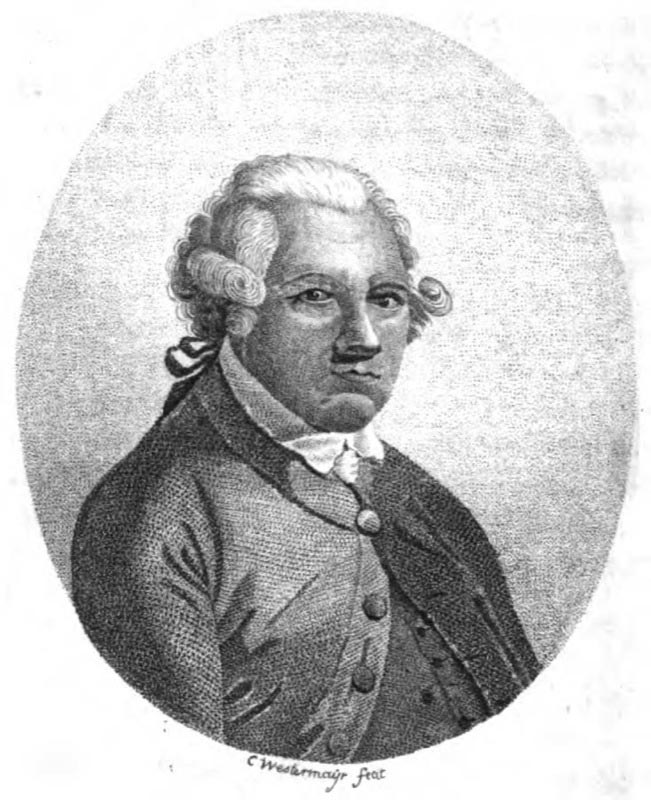
British naval Hydrography pioneer Alexander Dalrymple publishes his Historical Collection of the Several Voyages and Discoveries in the South Pacific Ocean. This work greatly enhanced the belief in the existence of an unknown continent (Australia) and inspired Captain Cook's voyage to discover the continent.
William Wordsworth.
The Towshend Act is repealed but the tax on tea sold to American colonies remains.
Demuth tobacco shop, America's oldest, opens in Lancaster, Pennsylvania.
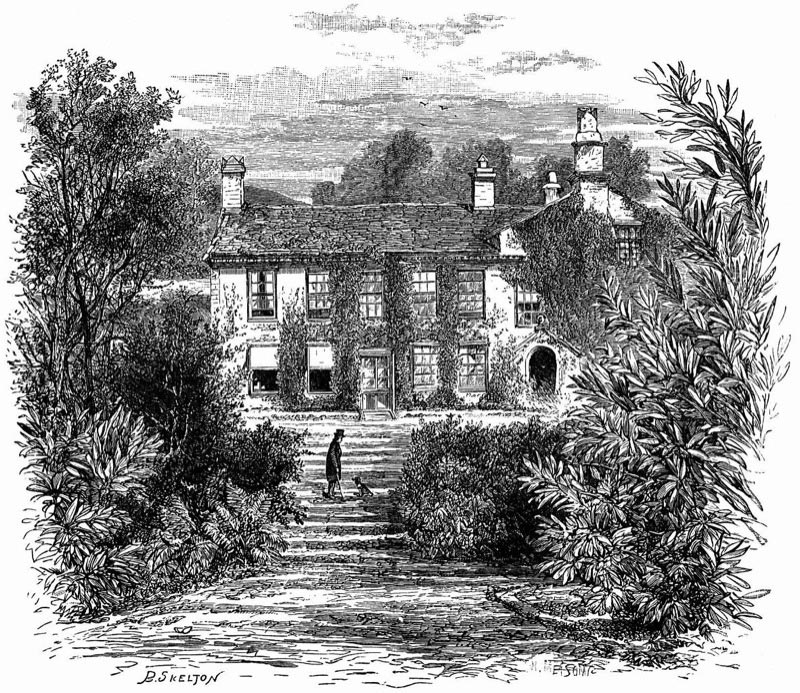
William Wordsworth, English poet, believes the Industrial Revolution is an "outrage done to nature".
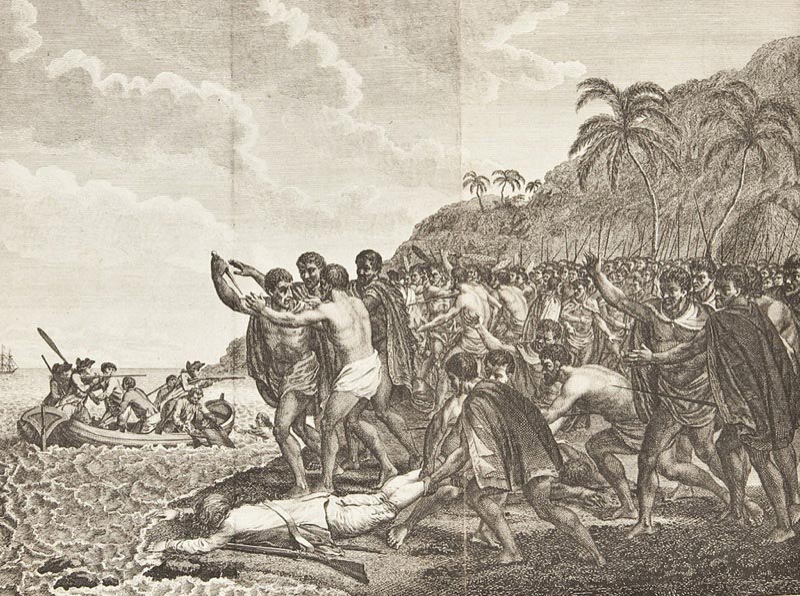
Captain James Cook's Journals of his first voyage are published on his return from the Pacific Ocean.
Walter Scott.
James Bruce traces the Nile from the Mediterranean to the source of the Blue Nile.
The East India Company establishes Calcutta as the capital of its Indian territories.
James Cook's 2nd Voyage around the world, on HMS Resolution. Cook becomes the first European to cross the Antarctic circle, circumnavigates Antarctica without seeing it, revisits New Zealand and discovers Tonga, Easter Island, New Caledonia and Vanuatu. He claims South Georgia for Britain. The Pacific Islander, Omai, is brought back to London.
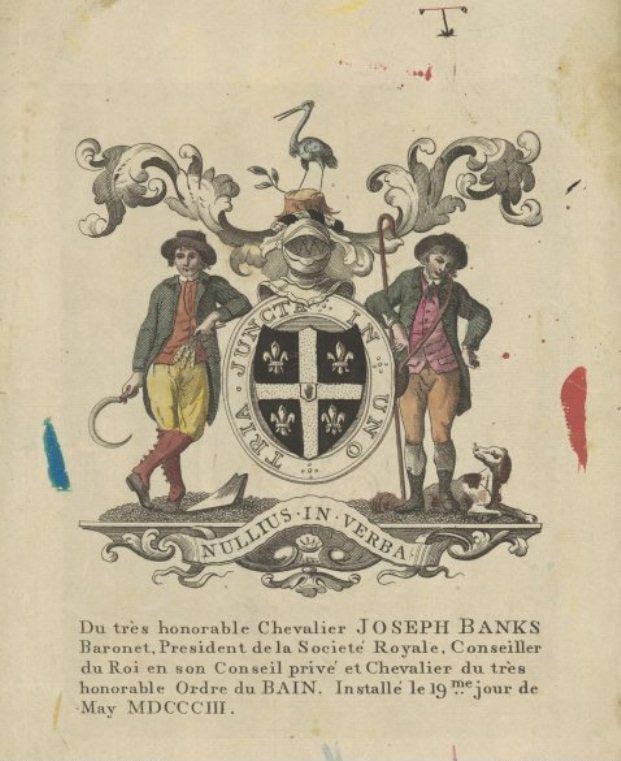
Joseph Banks sails to the Hebrides, Orkneys and Iceland, having declined to go on Cook's 2nd circumnavigation. From this date, Banks starts to send plant hunters around the world - sending Francis Masson to the Cape, the West Indies and Spain; Allan Cunningham to South America and Australia; James Bowie to the Cape; William Roxburgh and Anton Hove to India; Robert Brown, David Burton and George Caley to Australia; and Mungo Park to the East Indies and West Africa.
Cookworthy’s manufacturing of ‘hard paste’ porcelain ceases.
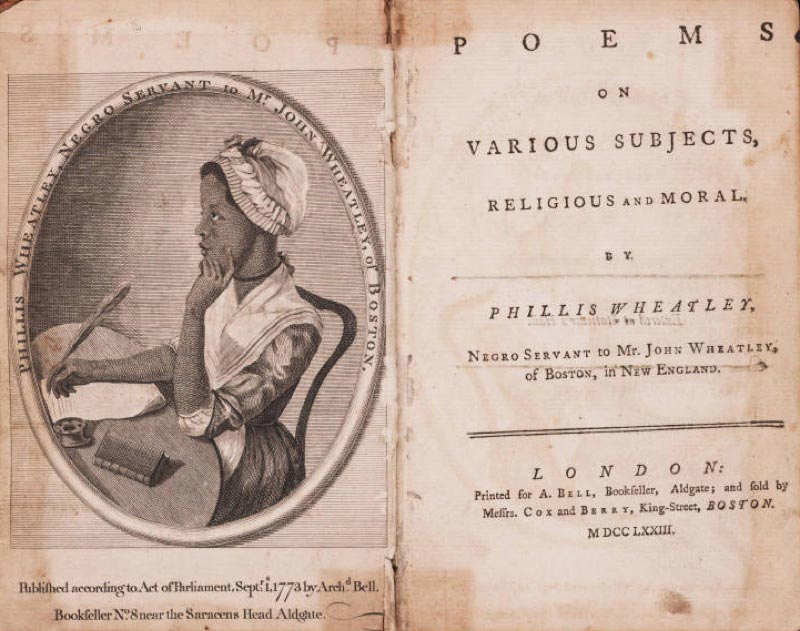
Phillis Wheatley becomes the first African American poet to be published with Poems on Various Subjects, Religious and Moral.
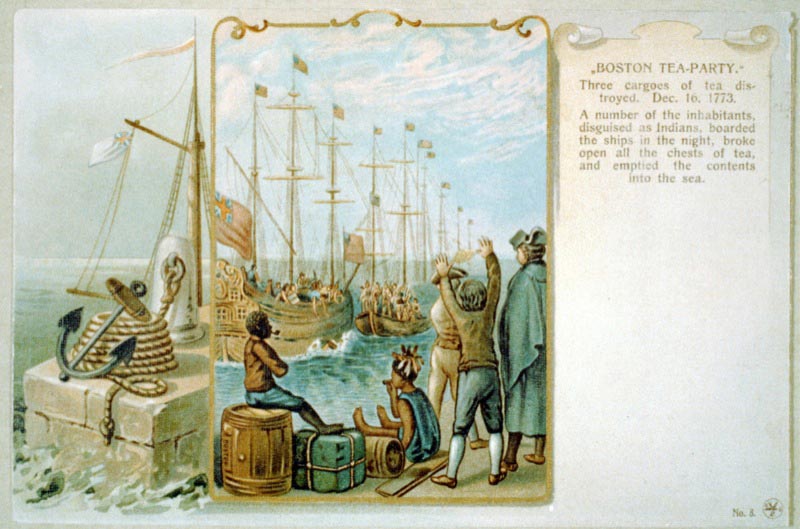
The Boston Tea Party - British tea is thrown into the harbour as a protest against unfair taxation.
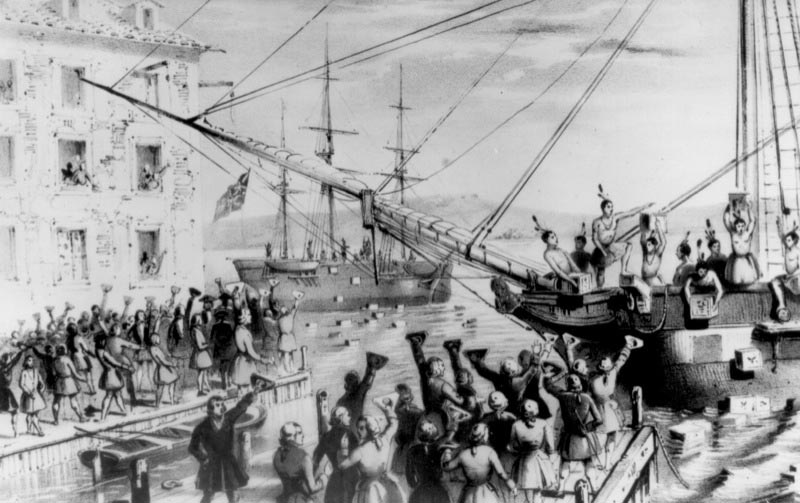
Following the Boston Tea Party, coffee becomes America's favourite beverage.
The East India Company initiates a government opium monopoly in its Indian territories.
Constantine Phipps explores the Arctic and describes the polar bear. Horatio Nelson is a midshipman on the voyage.
William Bartram, American naturalist, sets out on a five year journey through the US South East to describe the country.
Joseph Priestley isolates the gas oxygen calling it 'dephlogisticated air'.
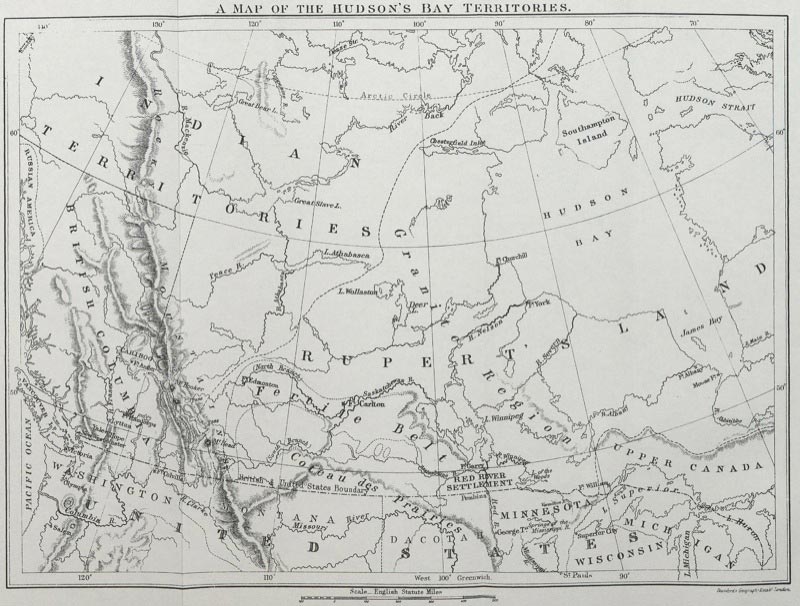
Samuel Hearne establishes a trading post at Fort Cumberland, Saskatchewan for the Hudson's Bay Company.
Death of Louis XV. He is succeeded by his grandson, Louis XVI.
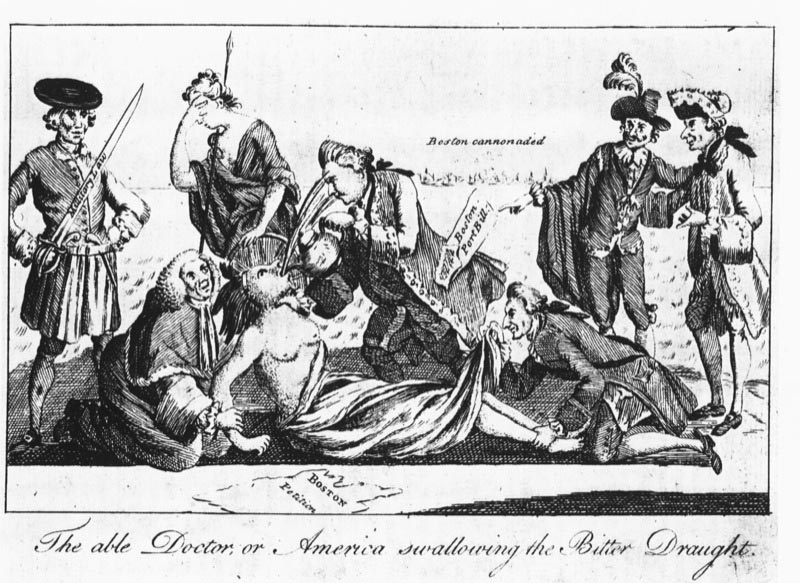
British Parliament pass a series of laws in response to the Boston Tea Party, including the closure of the port of Boston until reparation was made and British control over the Massachusetts legislature. These were known as the Intolerable Acts and provoked rebellion.
De Anza and Garces explore California, pioneering the Mojave Road to the Pacific and sighting San Francisco for the first time.
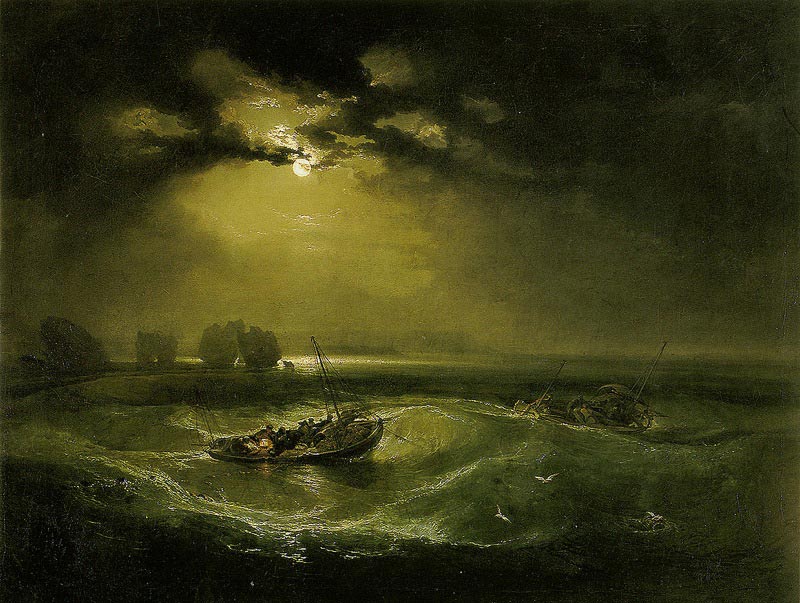
Joseph M. W. Turner.
Jane Austen.
The First Anglo-Maratha War ends in British defeat.
The American Revolutionary War.
The first shots are fired at Lexington and Concord, as British troops are forced to retreat to Boston. George Washington assumes command of the Continental Army.
English scientist Percival Pott finds that coal causes a high level of cancer in chimney sweeps.
The introduction of effective steam engines makes it possible to site saw mills away from water.
The Assembly of Virginia encourages the cultivation of cotton, hemp and flax.
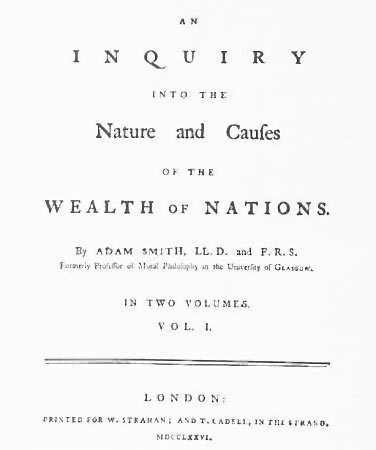
The Wealth of Nations is published by Adam Smith which denounced protectionism and called for free trade.
John Constable.
British tobacco taxes and debts to merchants in London help fuel the American Revolution.
Declaration of Independence is made by the thirteen states in Philadelphia.
James Cook's 3rd Voyage around the world, on HMS Resolution. Cook returns Omai to Tahiti, visits Tonga and New Zealand, searches for the North West Passage and discovers Hawaii. Cook is killed on Hawaii.
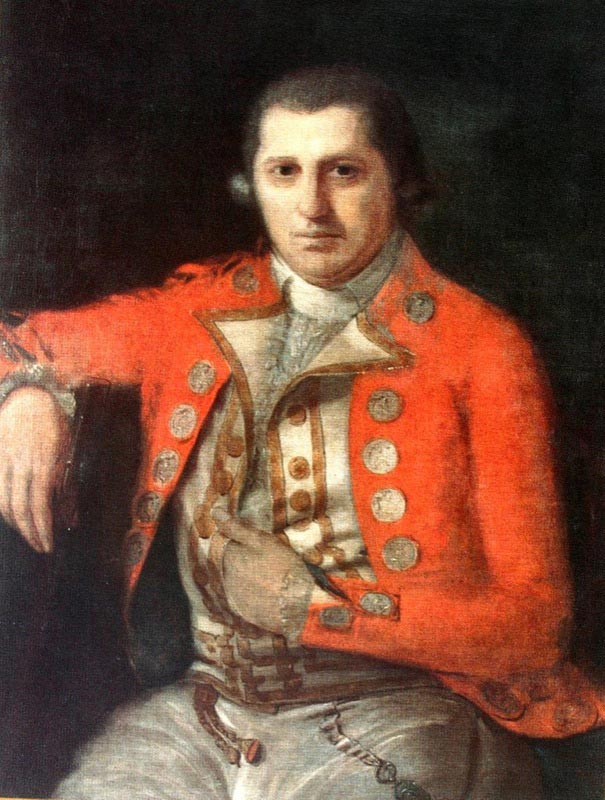
Robert Gordon explores the interior of the Cape and discovers Orange River.
Joseph Banks suggests that the British should try growing tea in India.
France recognises the American colonies and supports their war against Britain.
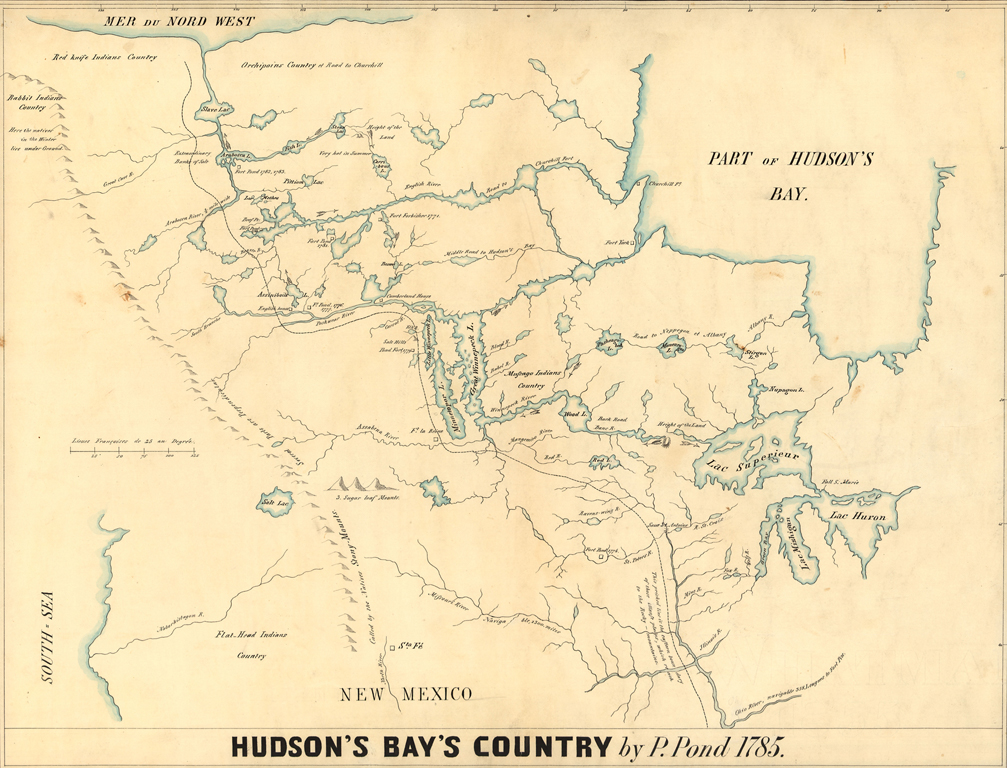
A fur trader named Peter Pond is the first European to record bituminous sands at Athabasca. The bitumen was used by the First Nation people to caulk their canoes.
Coffee is planted in Costa Rica.
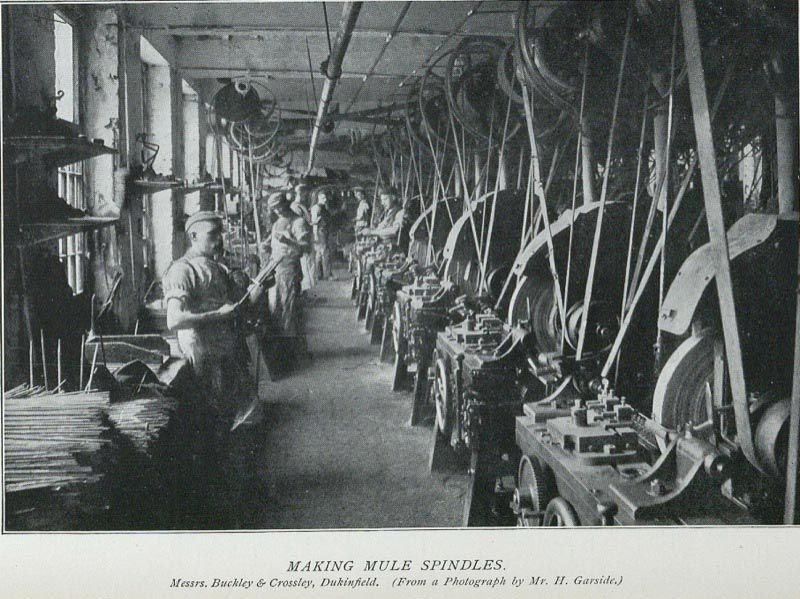
Samuel Crompton invents the spinning mule, which could work 1,320 spindles on a frame.
The North West Company is founded in Montreal and competes with the Hudson's Bay Company.
Vineyards are planted at San Juan Capistrano in what is now Orange County, California. It rapidly becomes a major wine producing region.
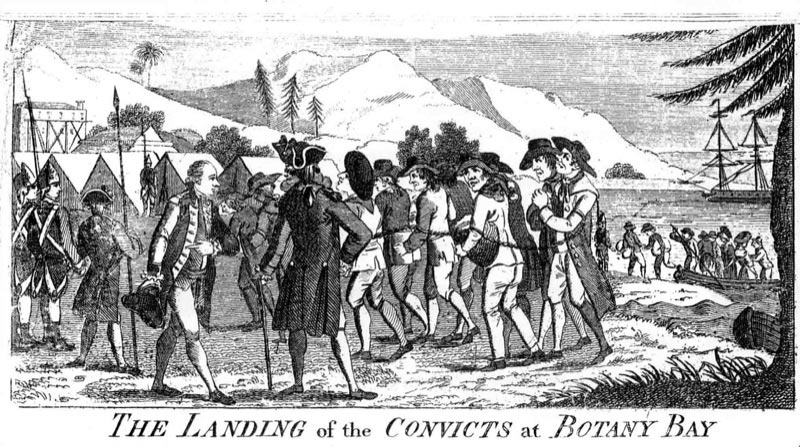
Joseph Banks recommends Botany Bay as a suitable place for a penal colony.
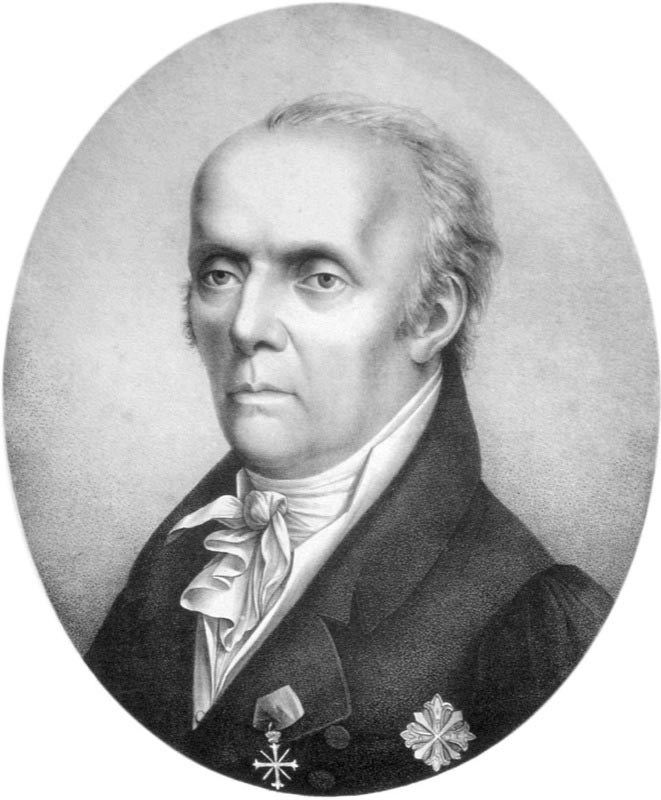
Johann Peter Frank advocates governmental responsibility in Germany for clean water, sewage systems, rubbish disposal, food inspection and other health measures.
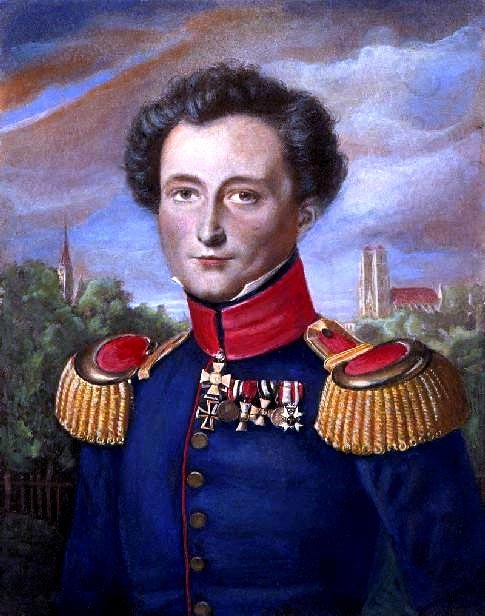
Carl von Clausewitz, military theorist.
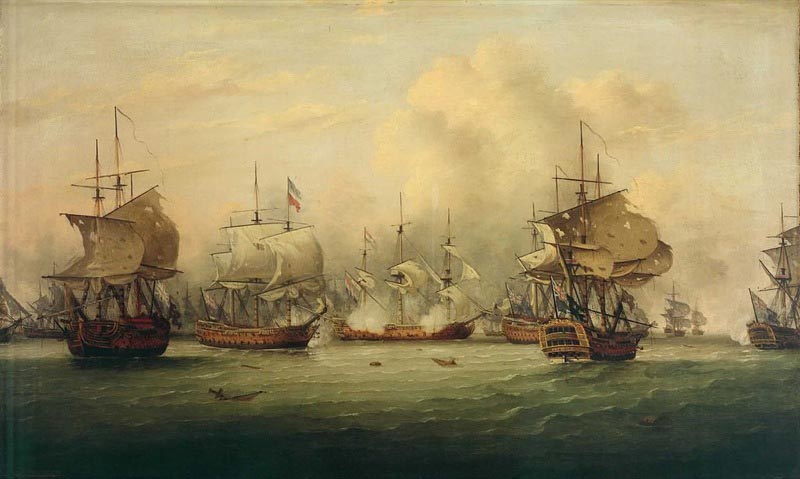
The Fourth Anglo-Dutch War
The Second Anglo-Mysore War is inconclusive.
Battle of Yorktown - decisive American victory, forcing British surrender.
William Herschel discovers Uranus and names it George's Star after the king.
The Bank of North America is chartered.
Richard Arkwright opens the first steam driven cotton mill in Manchester.
Spanish Missions are now established in San Diego, Monterey, San Francisco and Santa Barbara.
Britain recognises American independence.
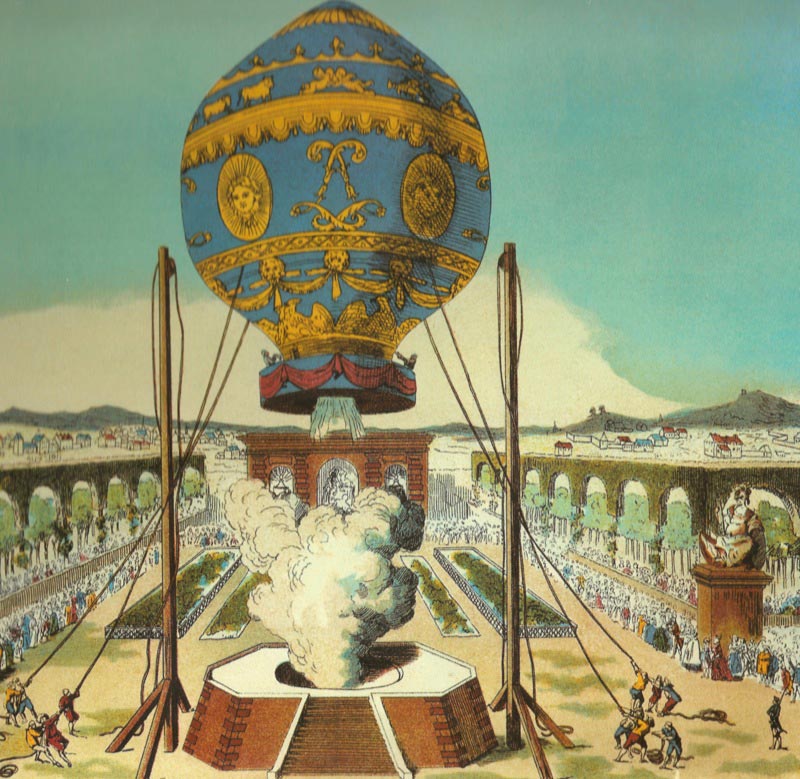
The hot air balloon is invented by the Montgolfier brothers.
Dominica becomes a British colony and a rich source of sugar cane.
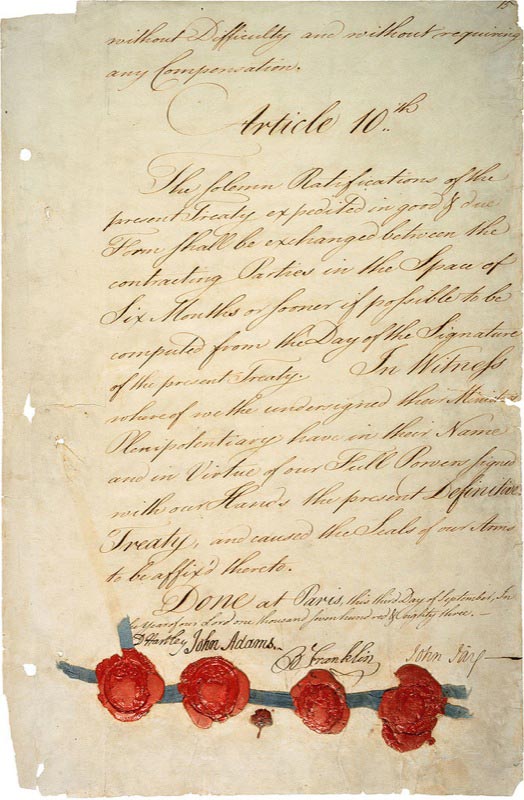
The Treaty of Paris marks the formal end to the American Revolutionary War and the independence of the thirteen colonies as the United States of America.
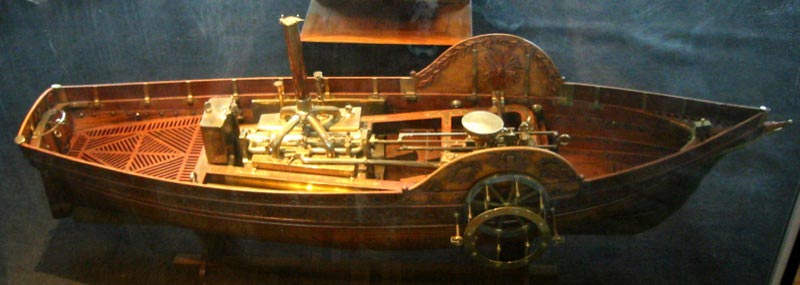
The first steamboat is invented by Marquis Claude Francois de Jouffroy d'Abbans.
William Pitt the Younger is British Prime Minister.
In the UK, tea tax is dramatically reduced encouraging it to become more popular.
Sailing on the Empress of China, Samuel Shaw opens up the Old China Trade between China and America, trading tea, porcelain, silk and other commodities.
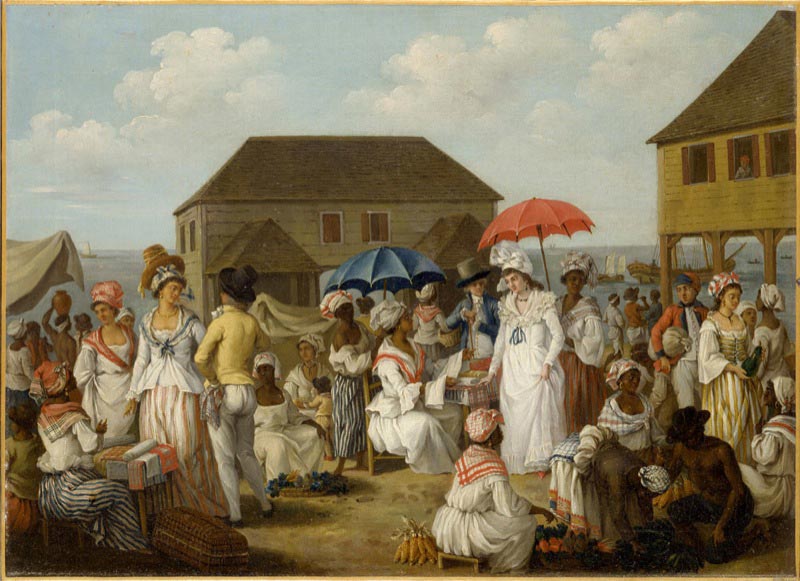
Slave revolts in Dominica.
Thomas Jefferson serves as a diplomat in France and gains an interest in viticulture.
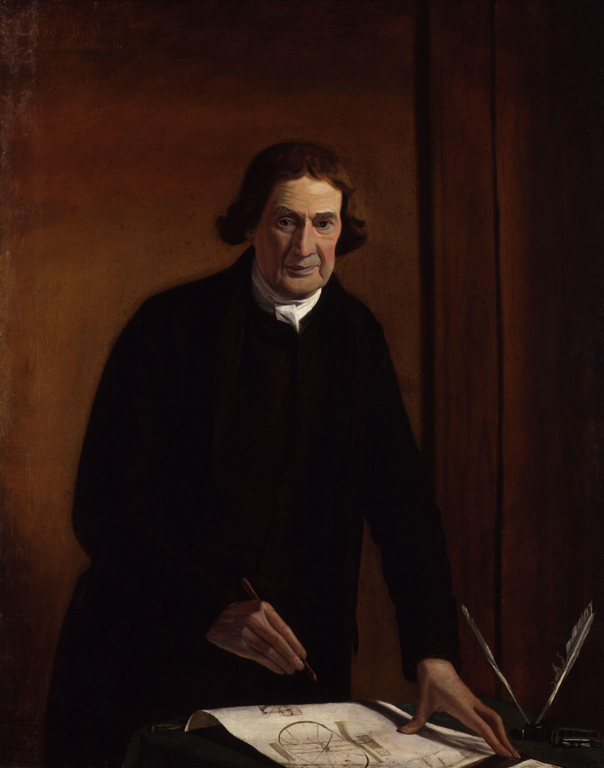
Andrew Meikle invents the threshing machine.
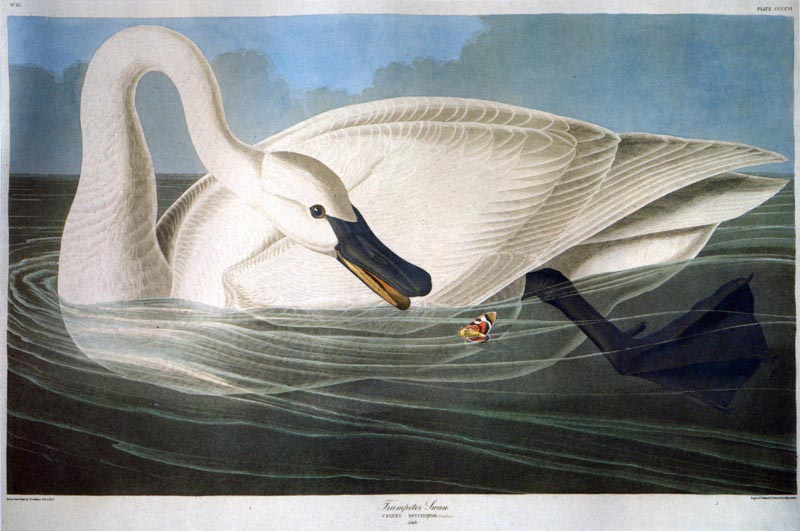
John James Audubon.
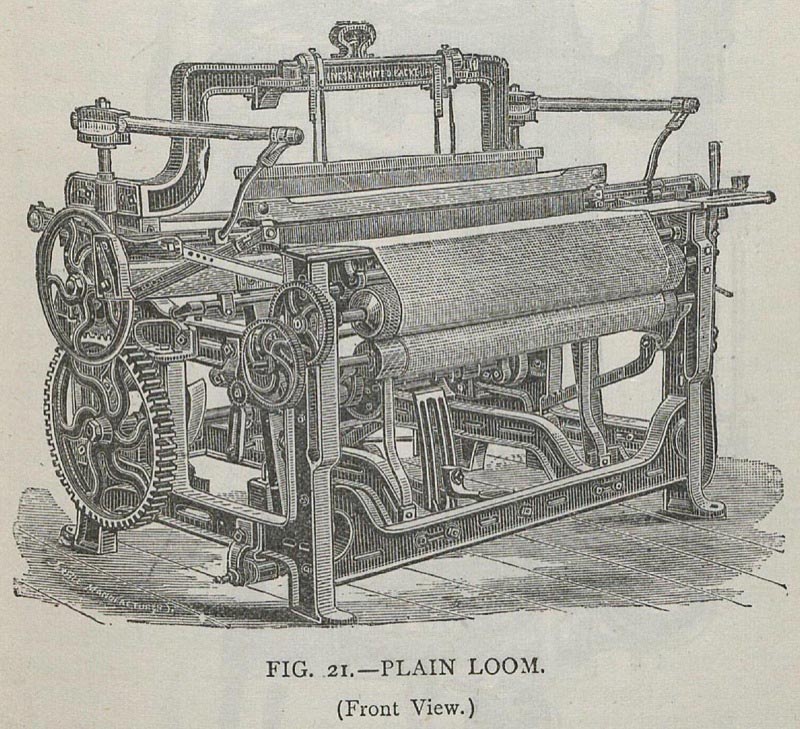
Edward Cartwright invents the power loom.
Publication of Memoires du Baron de Tott, which describes life in the Ottoman Empire and describes recreational opium smoking.
James Hanna sails from Macao to the Pacific Northwest to trade in furs.
The King George's Sound Company is formed to exploit the maritime fur trade.
Thomas Perkins & Co. trades with China, dealing in furs and opium.
Increases in UK Excise Duty causes bankruptcy amongst distillers. Spirits are smuggled in to avoid these duties.
La Perouse sails from Brest to Chile, Hawaii, Alaska, California, Macau, Manila, Japan and Kamchatka, before arriving in Australia, only to find Britain's first fleet already establishing a colony there. He disappeared on his return voyage.
Peter Legaux plants European vines in Pennsylvania.
Britain assumes control of British Honduras.
The London Committee for the Abolition of Slavery is established.
Francis Light takes control of Penang, off the coast of Malaya, and establishes a British trading settlement there, with a strong trade in peppers.
James Colnett leads an expedition to explore the North West Passage and to capture sea otter pelts.
Prime Minister William Pitt approves the idea of founding a colony in Australia using convicts.
Gaetano Donizetti.
Caroline Herschel receives recognition for her contribution to astronomy.
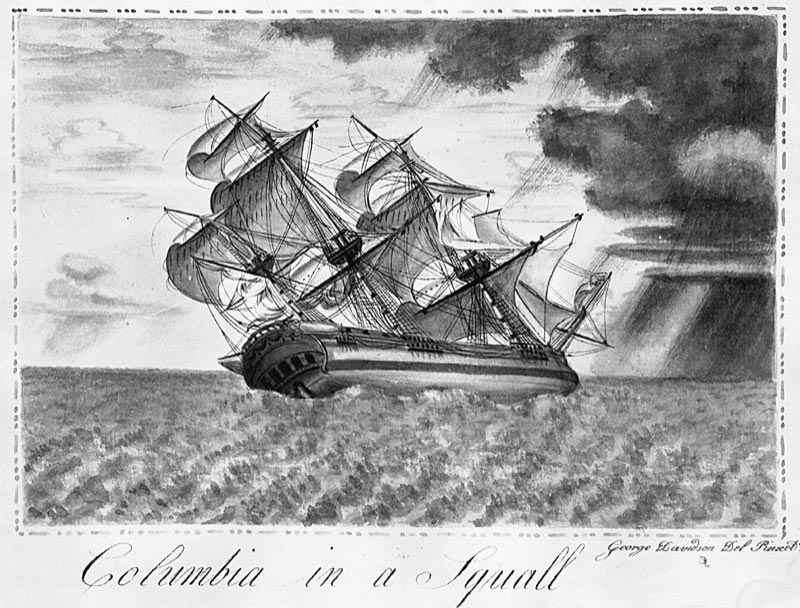
Robert Gray twice sails to the Pacific Northwest to collect furs.
Publication of the Annals of Agriculture by Arthur Young.
William Bligh leads the first (unsuccessful) breadfruit voyage of HMS Bounty, which aims to translocate food crops from the South Seas to the West Indies. Following a mutiny, Bligh is forced to navigate a small row-boat from Otaheite to Timor (3618 miles). Christian establishes a colony on Pitcairn Island.
Alexander Mackenzie explores the Canadian North West for the North West Company. He reaches Lake Athabasca and then proceeds to the Arctic Ocean via what will later be called the Mackenzie River.
Publication of the Annals of Agriculture by Arthur Young.
Lord Byron (George Gordon Byron).
Haiti supplies half the world's coffee, but production is based on slave labour.
American traders dominate the fur trade between the Pacific Northwest and China.
France is hit by two years of bad harvests.
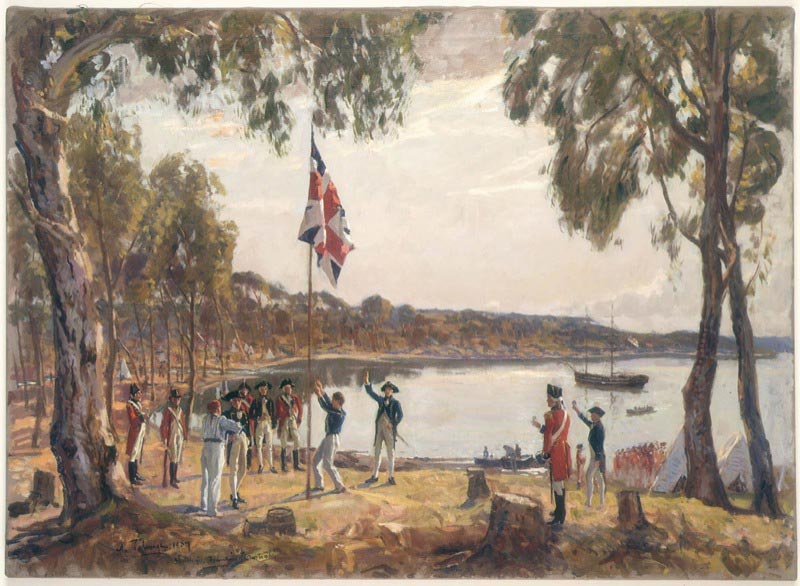
Australia's first state, New South Wales, is created.
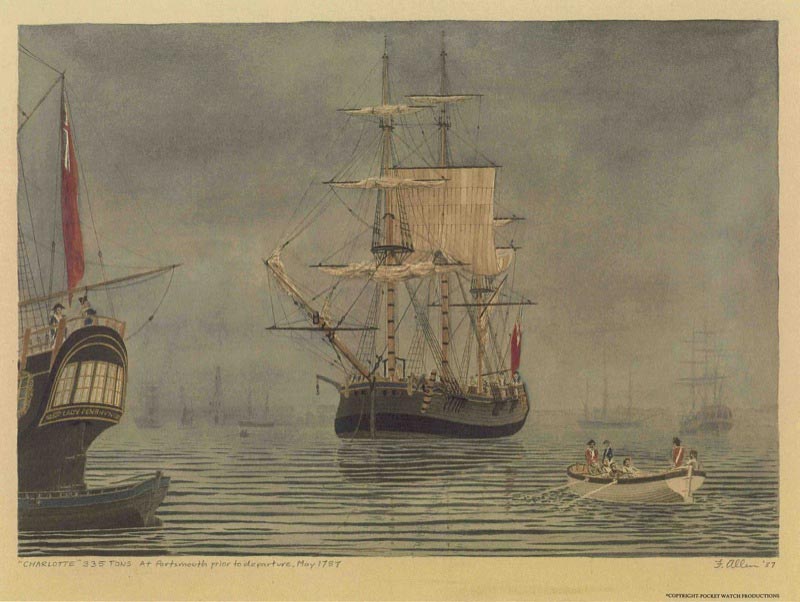
The First Fleet arrives in New South Wales and chooses to settle in Sydney.
Joseph Banks founds the Association for Promoting the Discovery of the Interior parts of Africa (The Africa Association).
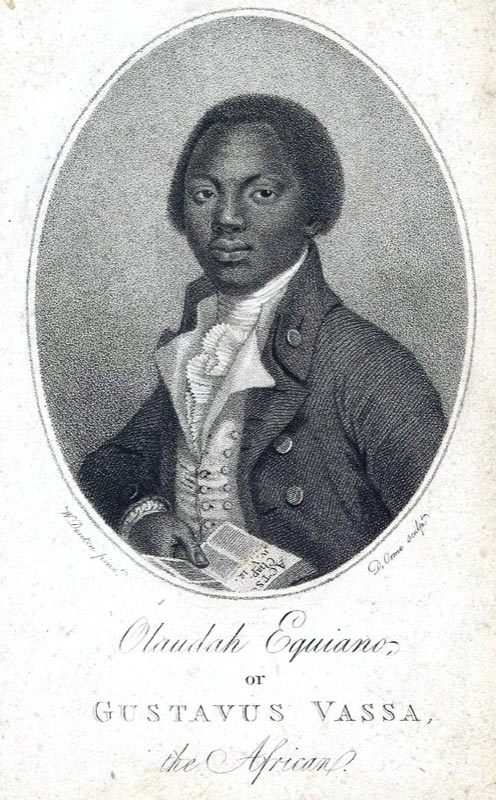
Olaudah Equiano publishes his memoirs to expose the realities of the slave trade. Equiano purchased his freedom and went on to become a pioneer of the British abolitionist movement.
William Hill Brown publishes the first American novel The Power of Sympathy.
Alexander Mackenzie of the North West Company descends the Grand River to the Arctic Ocean.
Elijah Craig uses a charred barrel to ship whiskey, giving it a caramel taste.
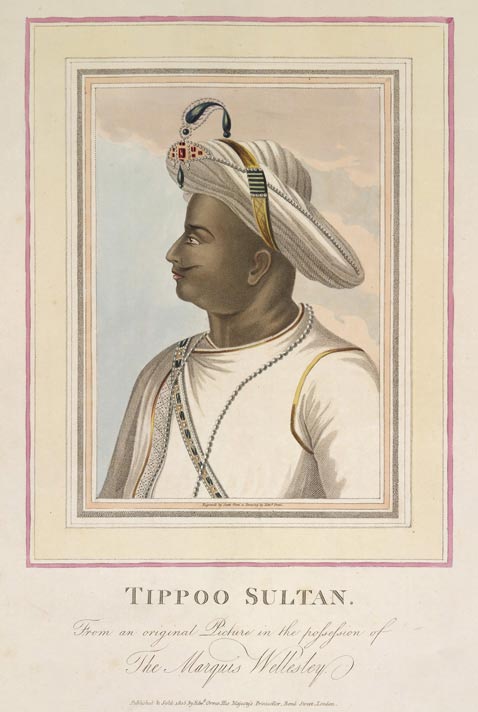
The Third Anglo-Mysore War saw Tipu Sultan, with French help, invading Travancore, but ultimately being defeated by British forces.
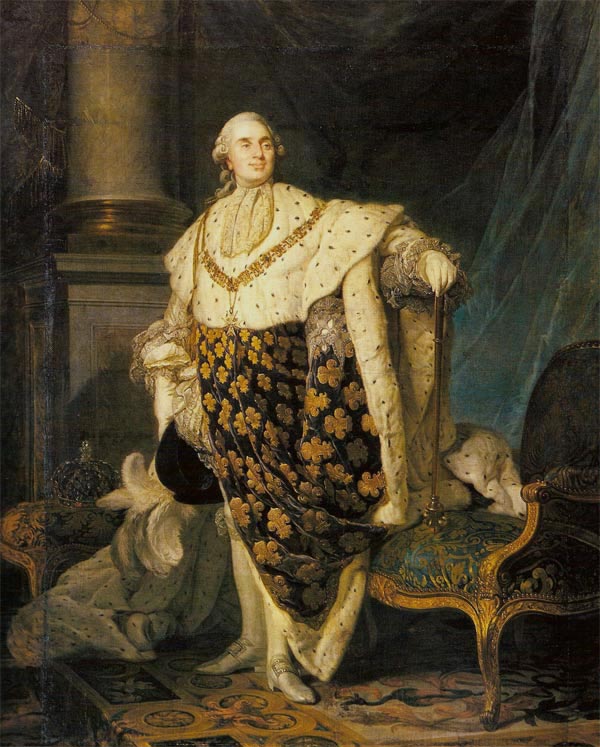
Attempts to raise revenue by Louis XVI to meet the costs of French involvement on the American Revolution and other wars are thwarted by the nobility and the king convenes the Estates-General, a Parliament made of clergy, nobility and commoners.
The French Revolution erupts when the National Assembly demands more rights for commoners. The Bastille is stormed.
George Washington is the 1st President of the United States of America.
Alessandro Malaspina sails from Spain to Montevideo and charts the coast of South America from Brazil to Tierra del Fugo, before sailing to Peru, Alaska, Manila, New Zealand and Australia.
Benjamin Franklin leaves money in his will to build a fresh water pipeline to Philadelphia. However within a few years one quarter of the population dies in a yellow fever epidemic.
French revolutionaries create a new public health policy.
Poet George Crabbe was prescribed opium to relieve pain and continued to use it thereafter.
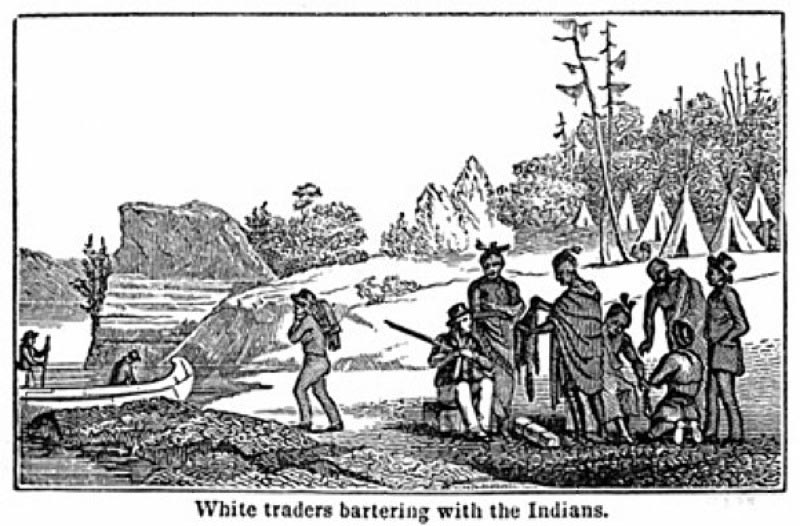
The US Indian Intercourse Act regulates trading with Native Americans.
The bicorne hat comes into fashion.
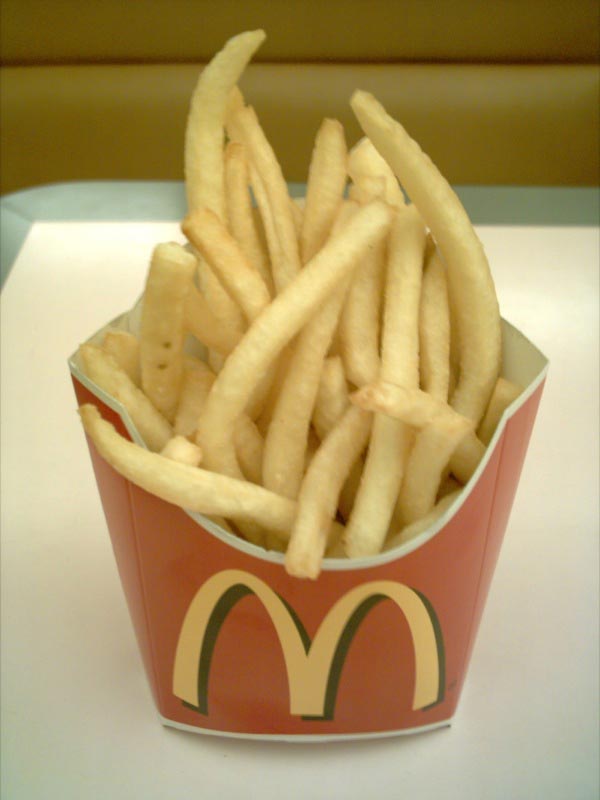
French Fries originated in 18th century Europe (France or Belgium). Recipes for deep-frying exceedingly thin slices of raw potato were published in La Cuisiniere Republicaine as early as 1795-1796. Directions in making French Fries appear in a document in Thomas Jefferson's hand that clearly dates from the years 1801-1809.
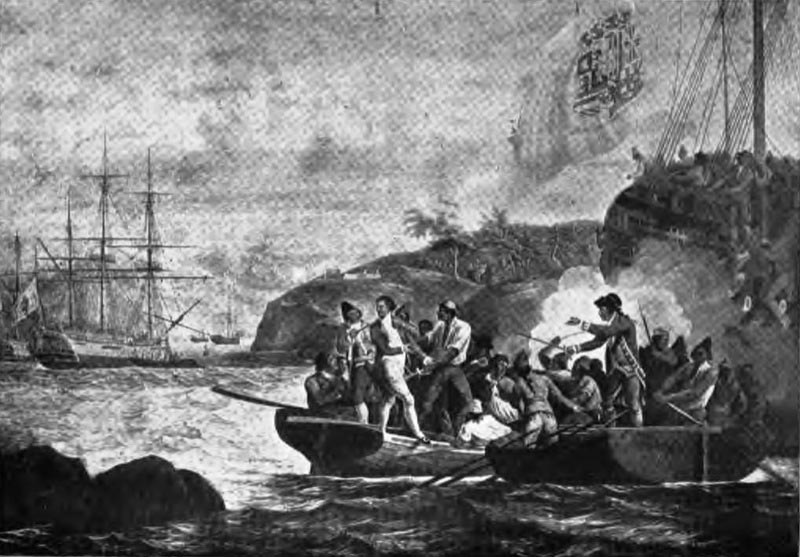
Spanish ships capture British fur trading vessels at Nootka Sound, near Vancouver, precipitating the Nootka Crisis. Warfare was avoided by a free trade agreement.
Daniel Houghton is sent to explore the Niger River and locate Timbuktu. After 3 years of difficult exploration he dies of starvation.
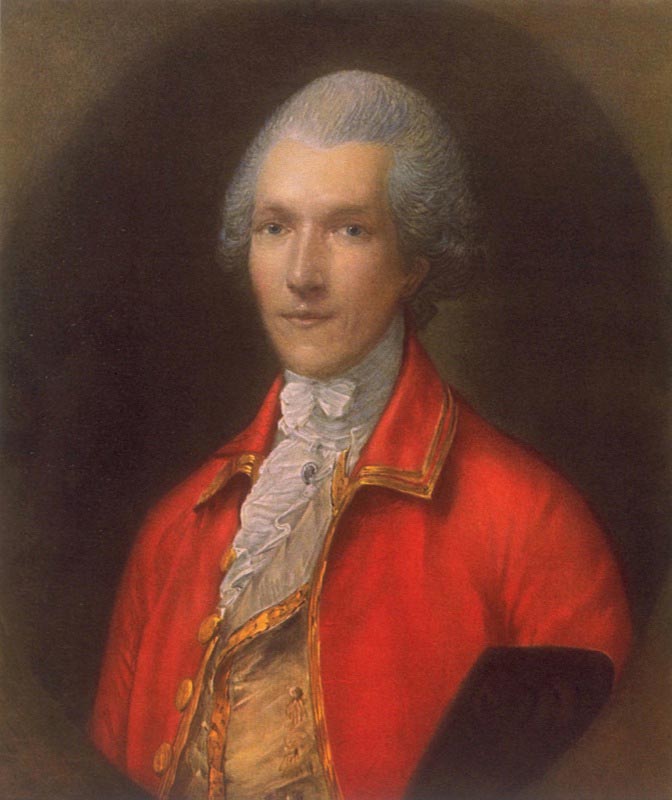
Count Rumford is recognised for his invention of the coffee percolator.
Start of a slave rebellion led by Toussaint l'Ouverture in San Domingue which overthrows French colonial forces and establishes the independent state of Haiti in 1804.
Poet Samuel Taylor Coleridge was prescribed opium to relieve rheumatism and became addicted to it.
South African grapes are successfully cultivated in Australia.
Louis XVI is captured by revolutionary forces as he attempts to flee.
Vermont is added as a state of the Union.
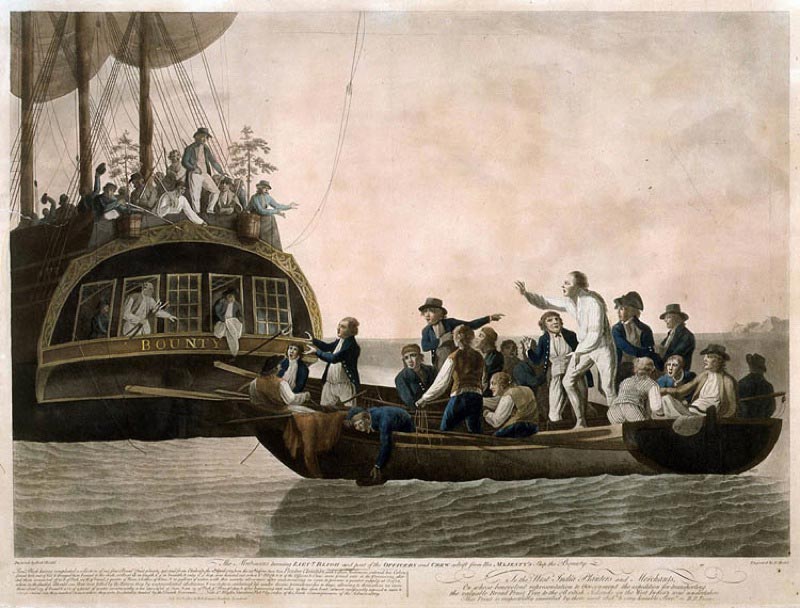
William Bligh leads the second (successful) breadfruit voyage from Tahiti to the West Indies. Breadfruit remains popular in the Caribbean today.
George Vancouver circumnavigates the world, spending much time exploring what is now Oregon, Washington, British Columbia and Alaska. He confirmed that the Northwest passage did not exist at the latitudes supposed. Archibald Menzies accompanies him.
D'Entrecasteaux searches for the missing La Perouse expedition exploring the Pacific.
The First Bank of the United States is chartered as a central bank by the US Congress.
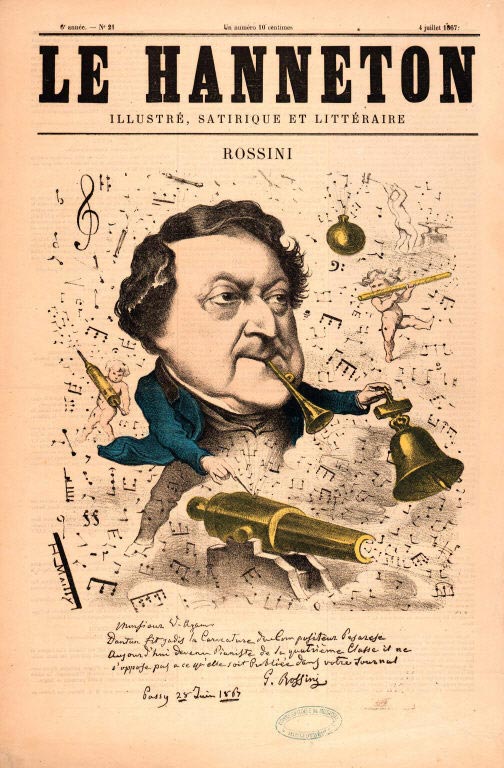
Gioachino Rossini.
Percy Bysshe Shelley.
The American currency is newly defined by a bimetallic silver-gold standard.
The War of the First Coalition is an attempt by Britain, Spain, the Dutch, Prussia and the Holy Roman Empire to contain Revolutionary France. It fails as Napoleon Bonaparte and other French generals defeat the Coalition. France gains Belgium and territories west of the Rhine.
Kentucky is added as a state of the Union.
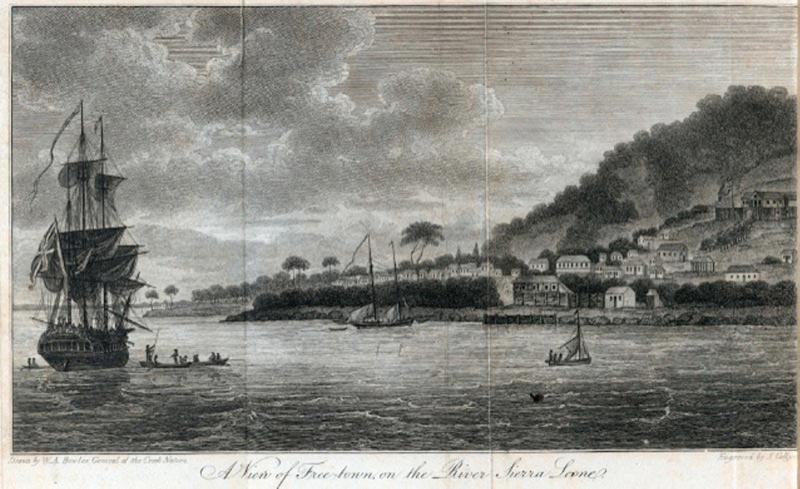
Sierra Leone falls under British control.
Alexander Mackenzie leads the Peace River expedition from Alberta to the Pacific Ocean. It is the first transcontinental crossing of North America north of Mexico.
George Macartney leads an unsuccessful British Embassy to China. George Staunton publishes a detailed account of life in China which fascinates the West.
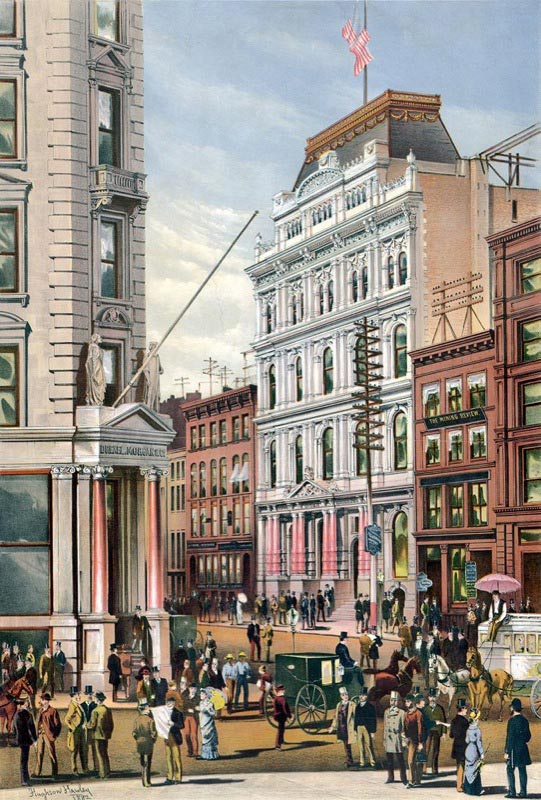
The New York Stock Exchange is founded.
John Pearson of Newburyport, Massachusetts, invents pilot bread, a hard biscuit which becomes popular with sailors.
Moses Brown and Samuel Slater establish the first cotton mill in the US in Pawtucket, Rhode Island.
Eli Whitney invents the cotton gin, to help speed up the seperation of cotton fibre and cotton seeds (which can be used to produce oil).
Hannah Slater is granted a patent for cotton sewing thread.
Alexander Mackenzie of the North West Company travels overland to the Pacific.
The war with France leads to whisky gaining greater popularity in the UK over French brandy.
Louis XVI is executed by guillotine and the Reign of Terror begins. Over 20,000 people are executed including Marie Antoinette.
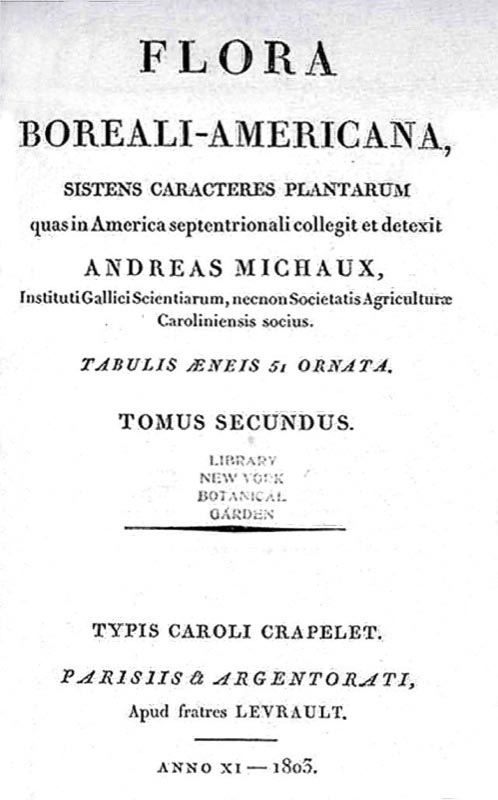
Andre Michaux explores Kentucky and collects and describes many new plant species.
James Colnett circumnavigates the world on a whaling protection voyage, keeping an eye on French and Spanish activities.
Thomas Minton & Sons pottery factory is established in Stoke-on-Trent.
Porcelain factory at Sèvres receives support of the French revolutionary government despite the imprisonment of its director.
Congress imposes a federal tax on tobacco.
America introduces the Silver Dollar.
The Jay Treaty gives Britain 'most favored nation' status in trade with the US. Britain returns some Great Lake forts to the US and a boundary is agreed in the Northeast. The American Fur Company focusses on the Mississippi Trade and the Hudson's Bay Company on Canadian trade.
The French East India Company is wound up.
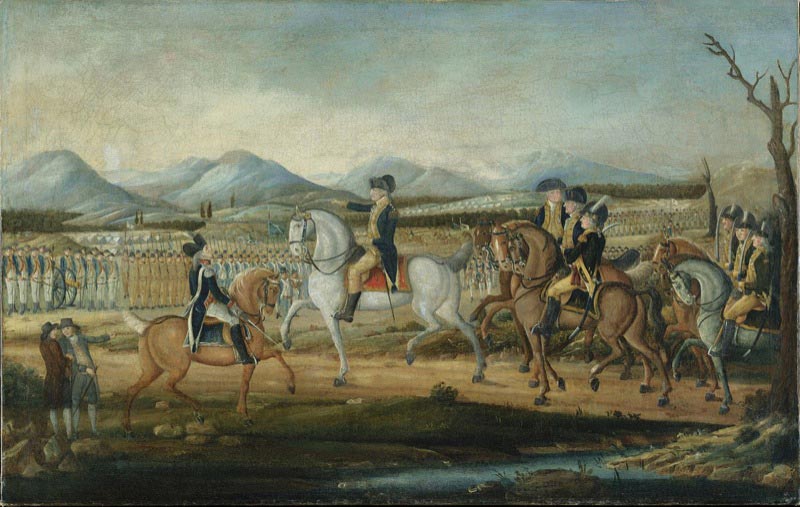
The Whiskey Rebellion, a protest against a US federal tax on alcohol, is put down by a show of strength by the militia.
Modern pencil lead is invented and is soon put in a two-part wooden casing to make it clean and easy to use.
John Keats.
Johannes Beam founds what will become the Jim Beam company, selling bourbon.
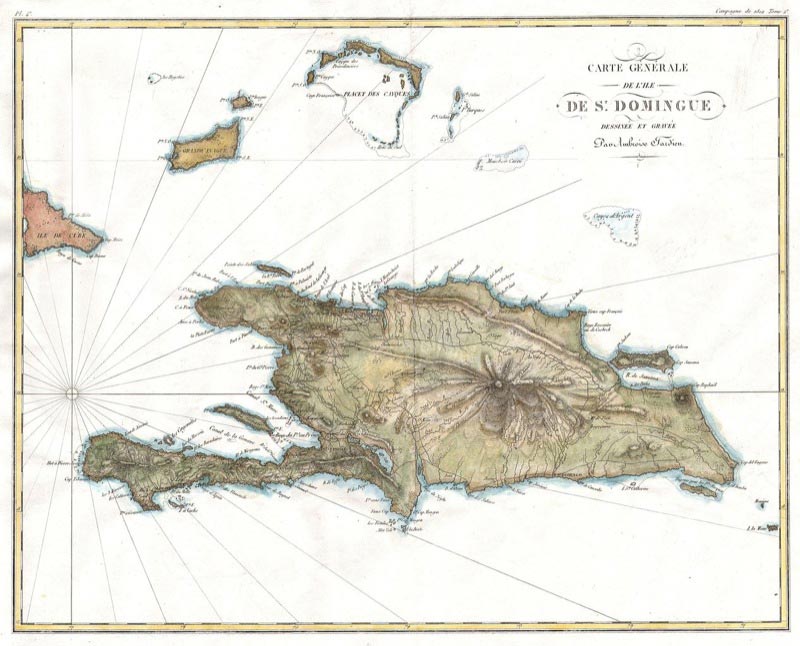
France takes over control of Santo Domingo.
Britain captures Cape Town, but hands in back to the Dutch in 1803.
Mungo Park explores the River Niger on behalf of the Africa Association. He is the first European to see the Niger and his Travels in the Interior of Africa (1799) provokes huge interest in Africa.
The Royal Navy establishes the Hydrographic Office to chart the world's oceans.
Matthew Flinders and George Bass sail to Australia and proceed to explore the Australian coast, circumnavigating Tasmania.
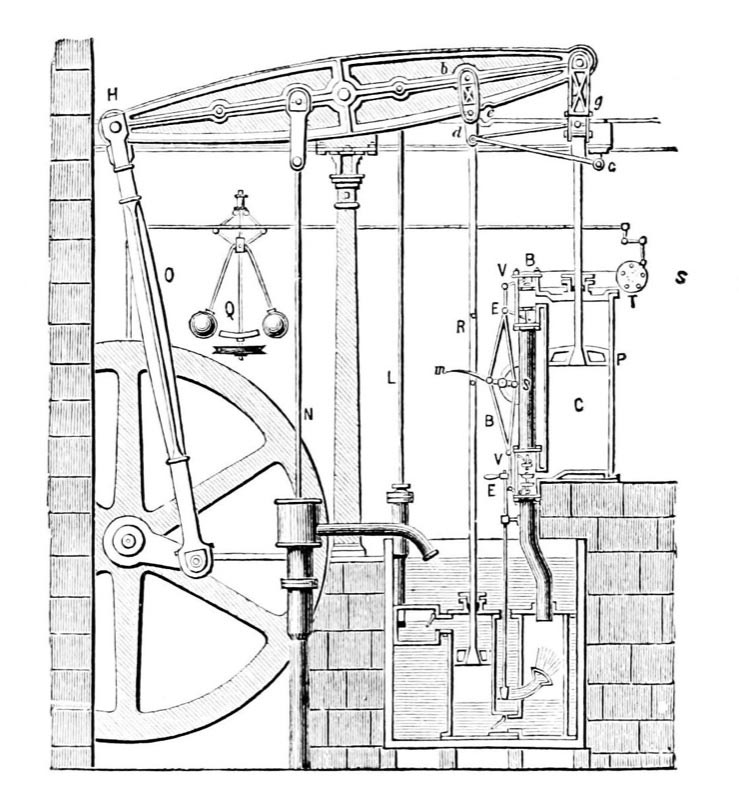
Joseph Storrs Fry, son of the founder, invests in a Watt Steam engine to crush the cocoa beans, introducing factory processes to the business.
Captain Jonathan Carnes sails from Salem, Massachusetts, to Sumatra and takes on board a cargo of peppers, initialising American trading interest in spices.
Charles Vernet depicts a French dandy wearing a top hat.
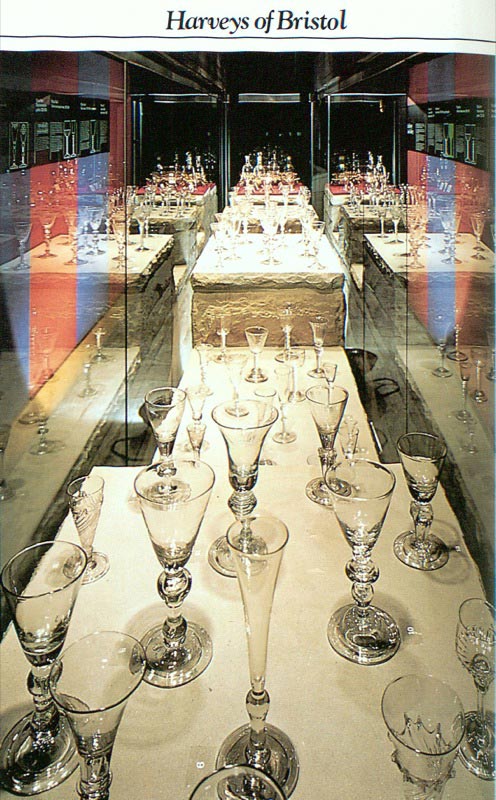
John Harvey & Sons is founded in Bristol and becomes a leading importer of sherry.
The White Lotus Rebellion weakens the Qing Empire.
Tennessee is added as a state of the Union.
British Guiana becomes a British colony.
British forces occupy the coast of Sri Lanka.
VOC declares bankruptcy.
Franz Schubert.
In The State of the Poor Frederick Eden comments on the widespread consumption of tea by the working classes.
Samuel Taylor Coleridge writes Kubla Khan, possibly under the influence of opium.
Henri-Louis Pernod opens an absinthe distillery in Switzerland, but moves to France by 1805.
John Adams serves as 2nd President of the USA.
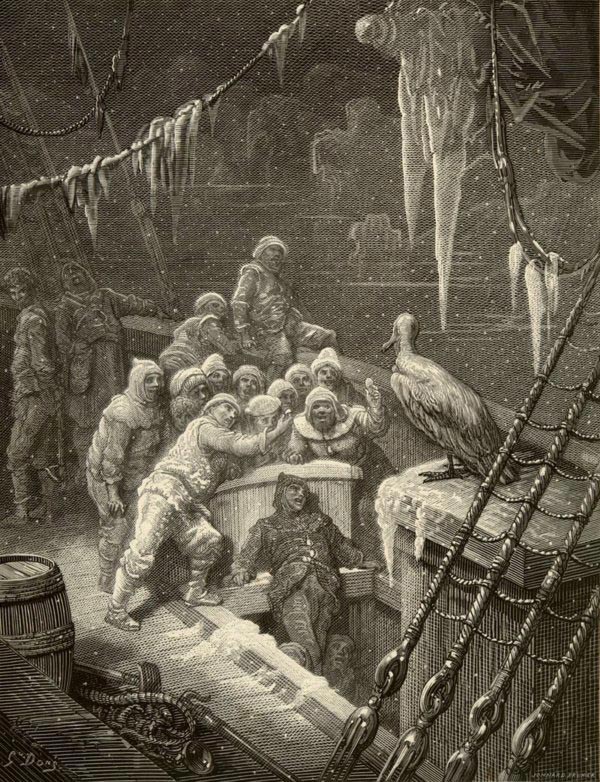
Samuel Taylor Coleridge writes The Rime of the Ancient Mariner.
Eugene Delacroix.
Edward Jenner develops a vaccine for smallpox.
British born industrialist, Samuel Slater, builds cotton mills across New England.
The Dutch East India Company (VOC) is wound up.
The War of the Second Coalition ends in victory for France and Spain against the combined forces of Britain, Portugal, the Holy Roman Empire, Russia and the Ottoman Empire, although Napoleon suffered setbacks at sea.
Napoleon invades Egypt and gains a famous victory at the Battle of the Pyramids.
Battle of the Nile - Nelson defeats the French fleet, causing France to withdraw from Egypt.
George Suttor sails for Australia with fruit trees, vines and hops to provide food for the colony.
Nathan Mayer von Rothschild establishes the first of the Rothschild family owned banks in Manchester. Other Rothschild banks soon emerged across Europe.
Irish Rebellion. With the aim of Catholic emancipation and parliamentary reform, The Society of United Irishmen led an uprising.
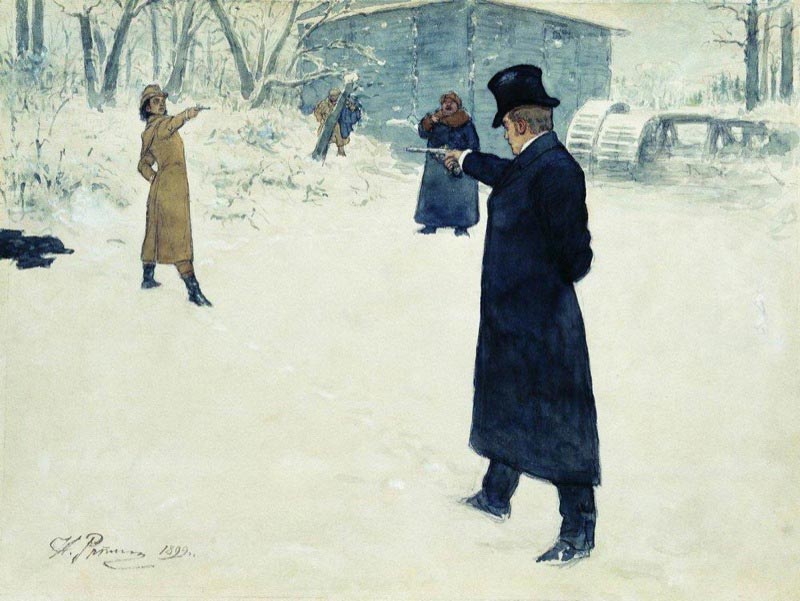
Alexandre Pushkin.
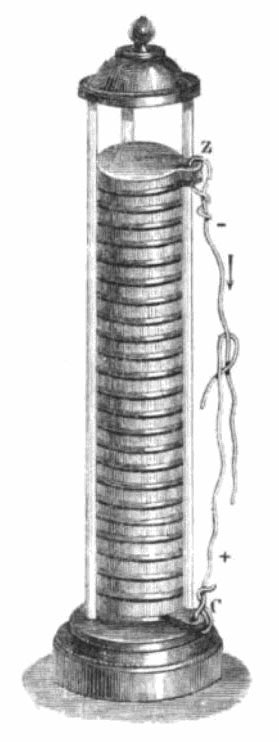
Alessandro Volta builds the first electric battery.
EIC Indian opium monopoly fully established.
The Fourth Anglo-Mysore War is a decisive British victory and Tipu Sultan is killed during the Battle of Seringapatam.
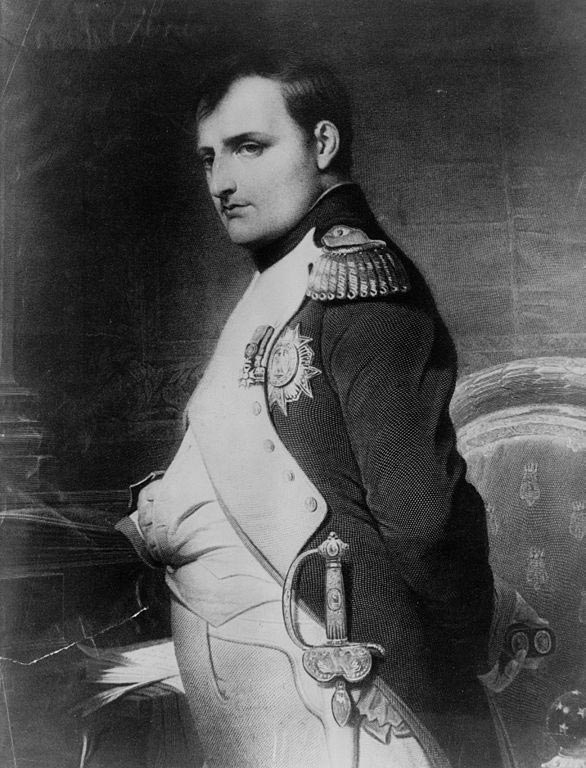
Napoleon Bonaparte returns to Paris and seizes power as the First Consul.
Siege of Acre - Ottoman and British forces defeat the French.
Alexander von Humboldt explores Central and South America with Aimé Bonpland, providing the first detailed scientific account of many of the regions.
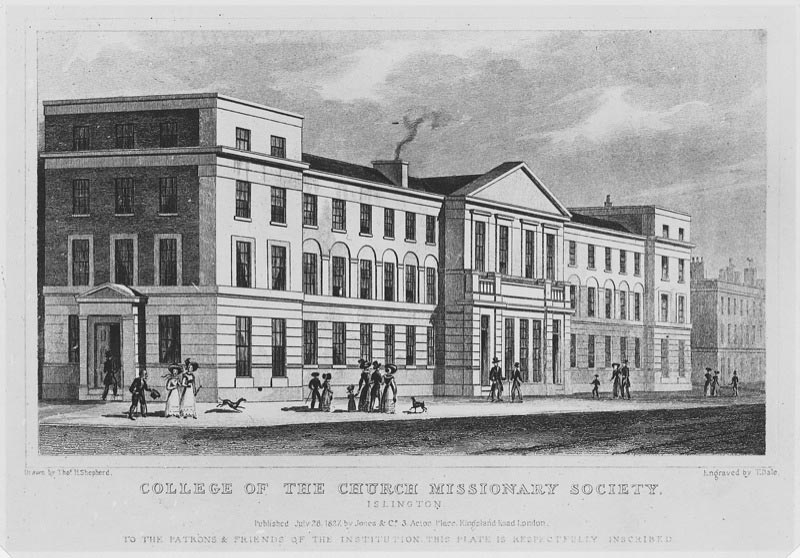
The Church Missionary Society is formed.
Pierre L'Enfant completes the White House in Washington, D. C.
Tobacco plantations are established in Ontario.
Paste smoking arises in China.
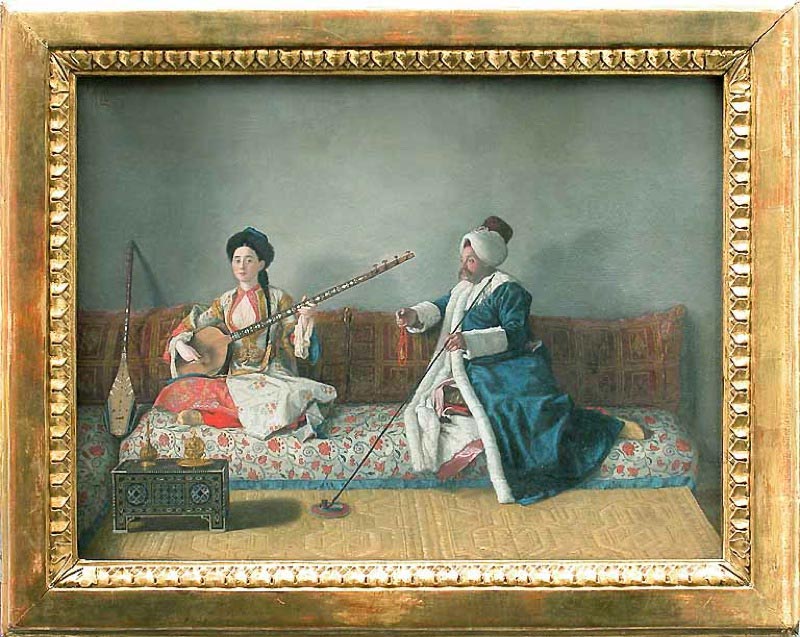
The Levant Company purchases nearly half of the opium traded through Smyrna.
The shako becomes a common form of military headgear.
Matthias Koops experiments with using wood pulp to make paper.
Napoleon founds the Bank of France.
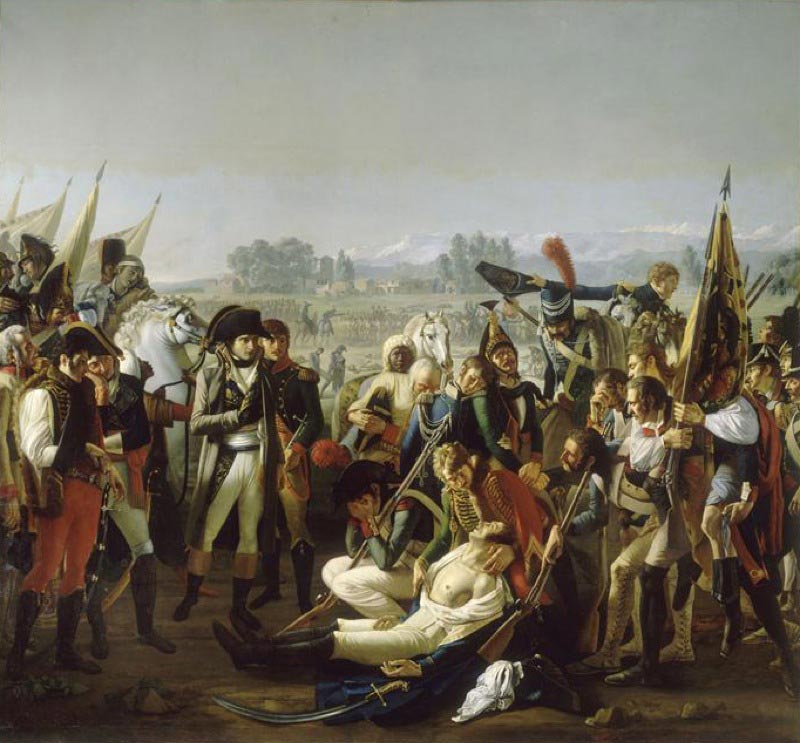
Battle of Marengo - Napoleon achieves a decisive victory over the Habsburg forces.
Robert Fulton designs the Nautilus, the first successful submarine. It was commissioned by Napoleon.
US imports about 10,000 chests of Ottoman opium to China.
Act of Union. Ireland was to be joined to Great Britain into a single kingdom.